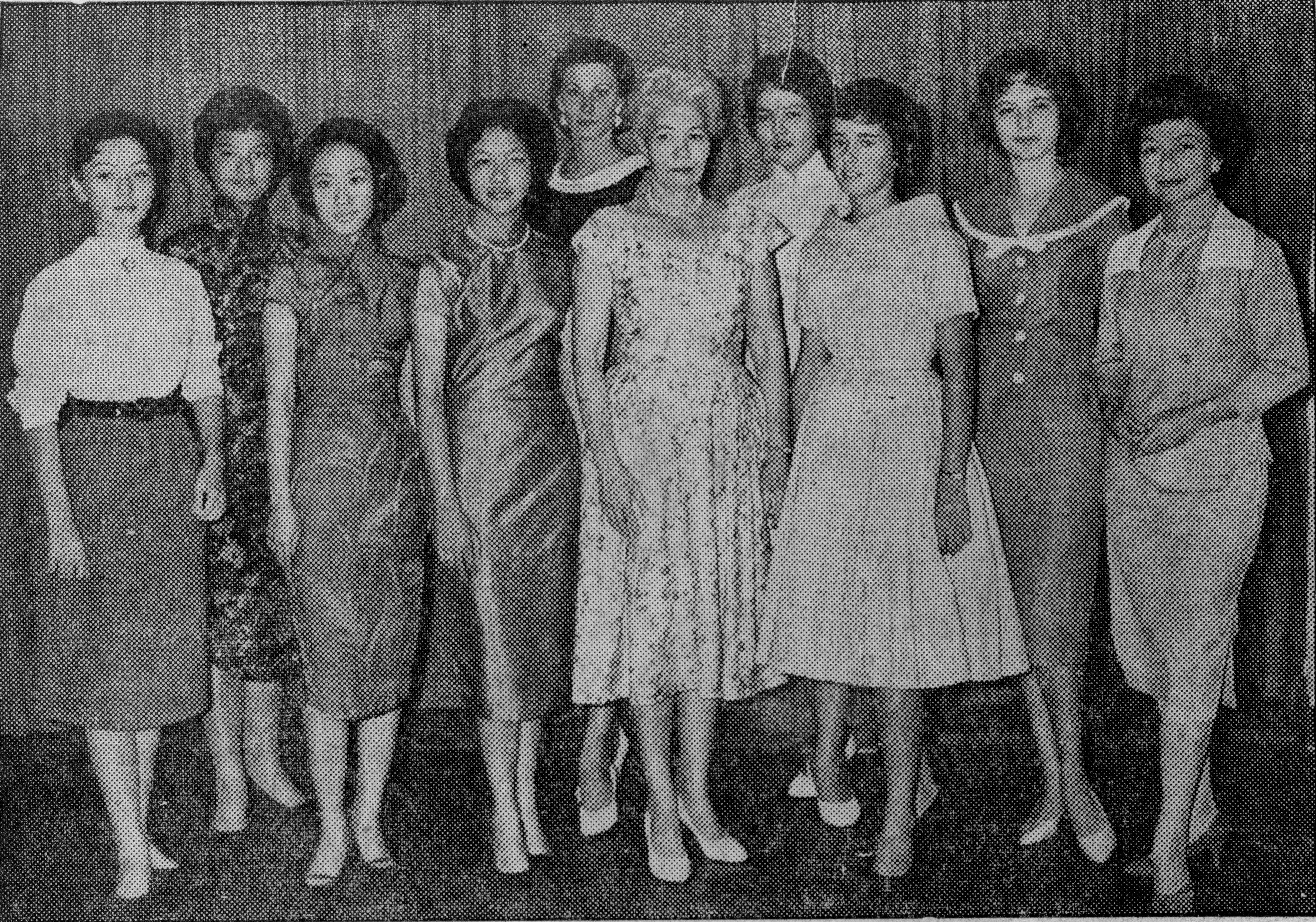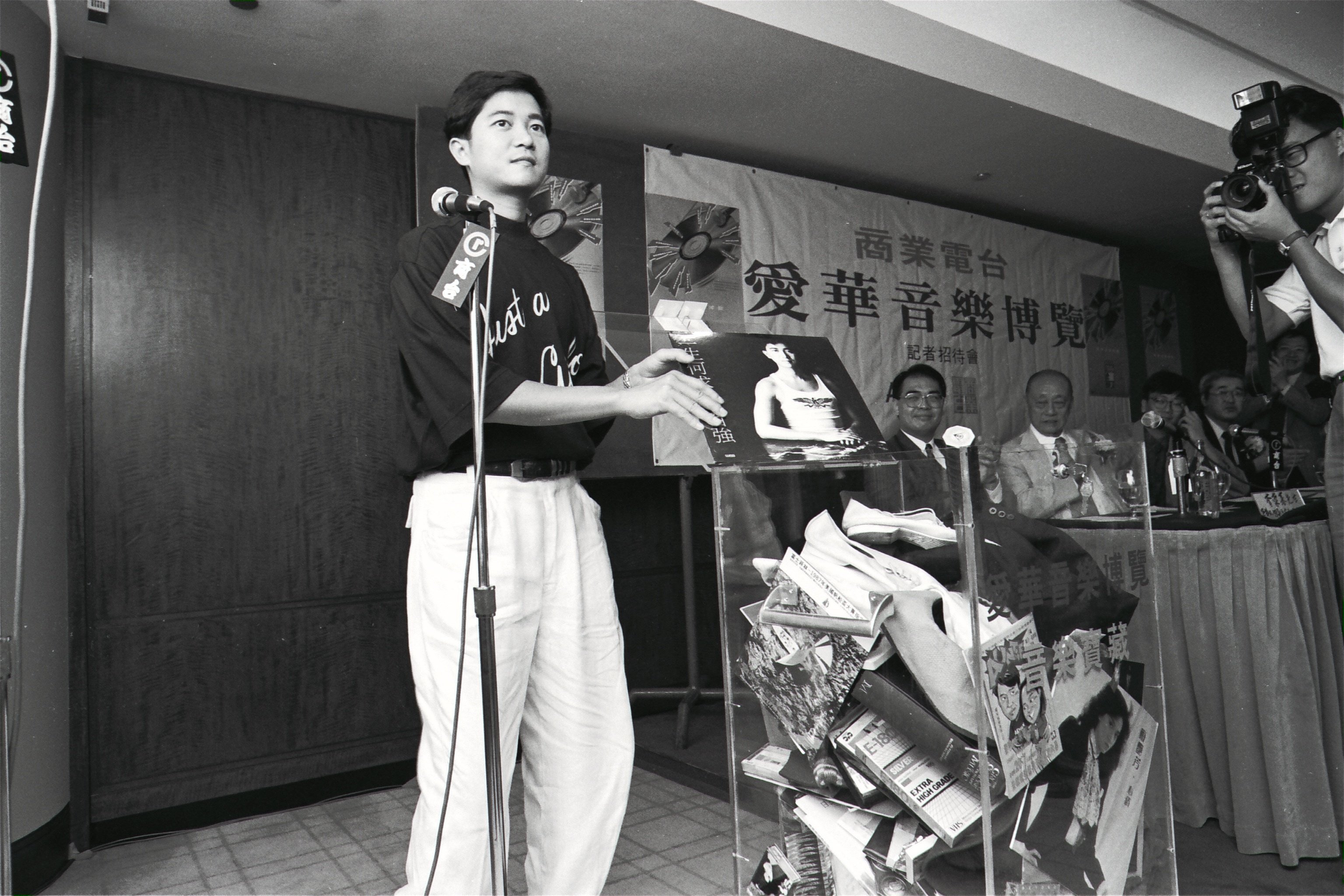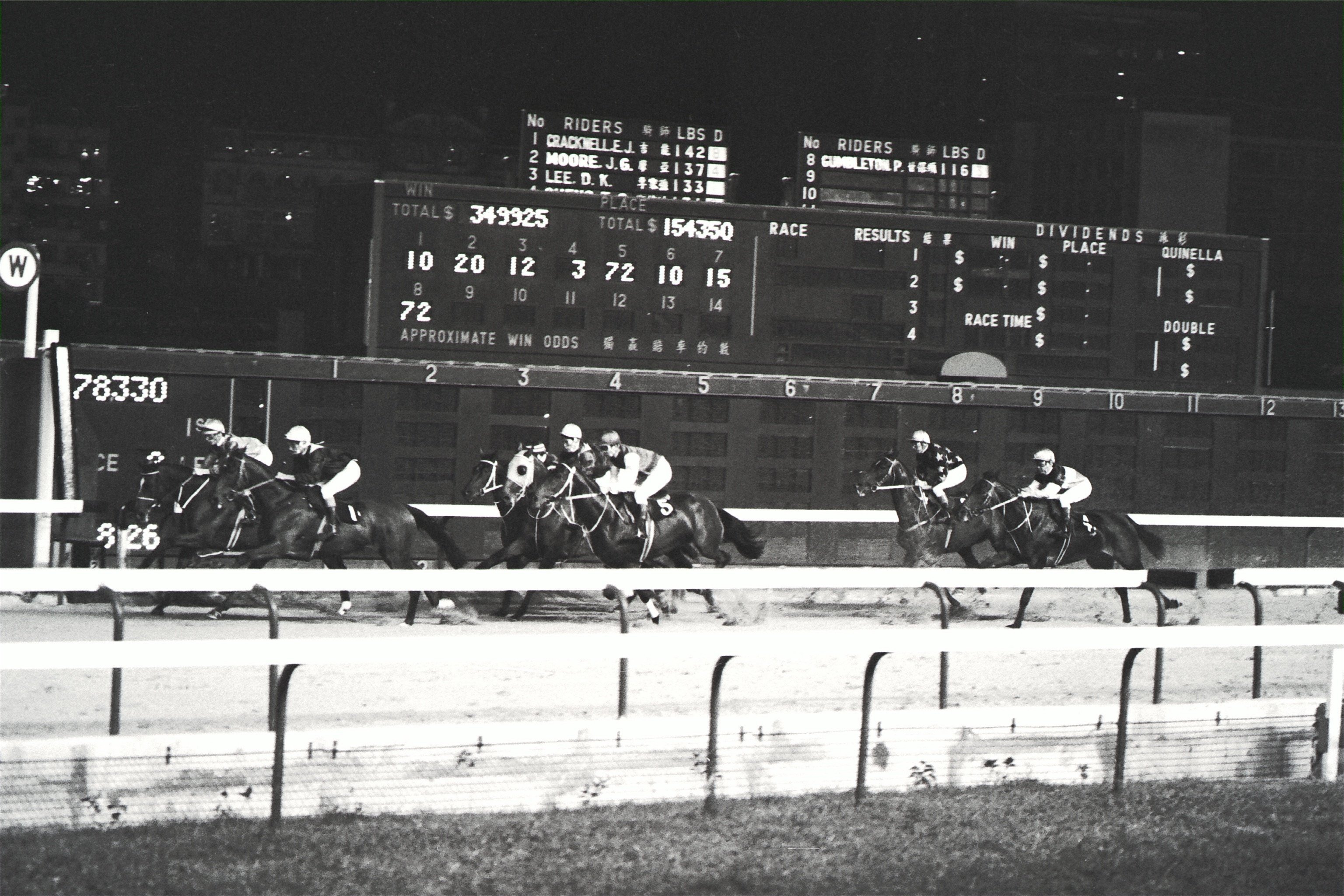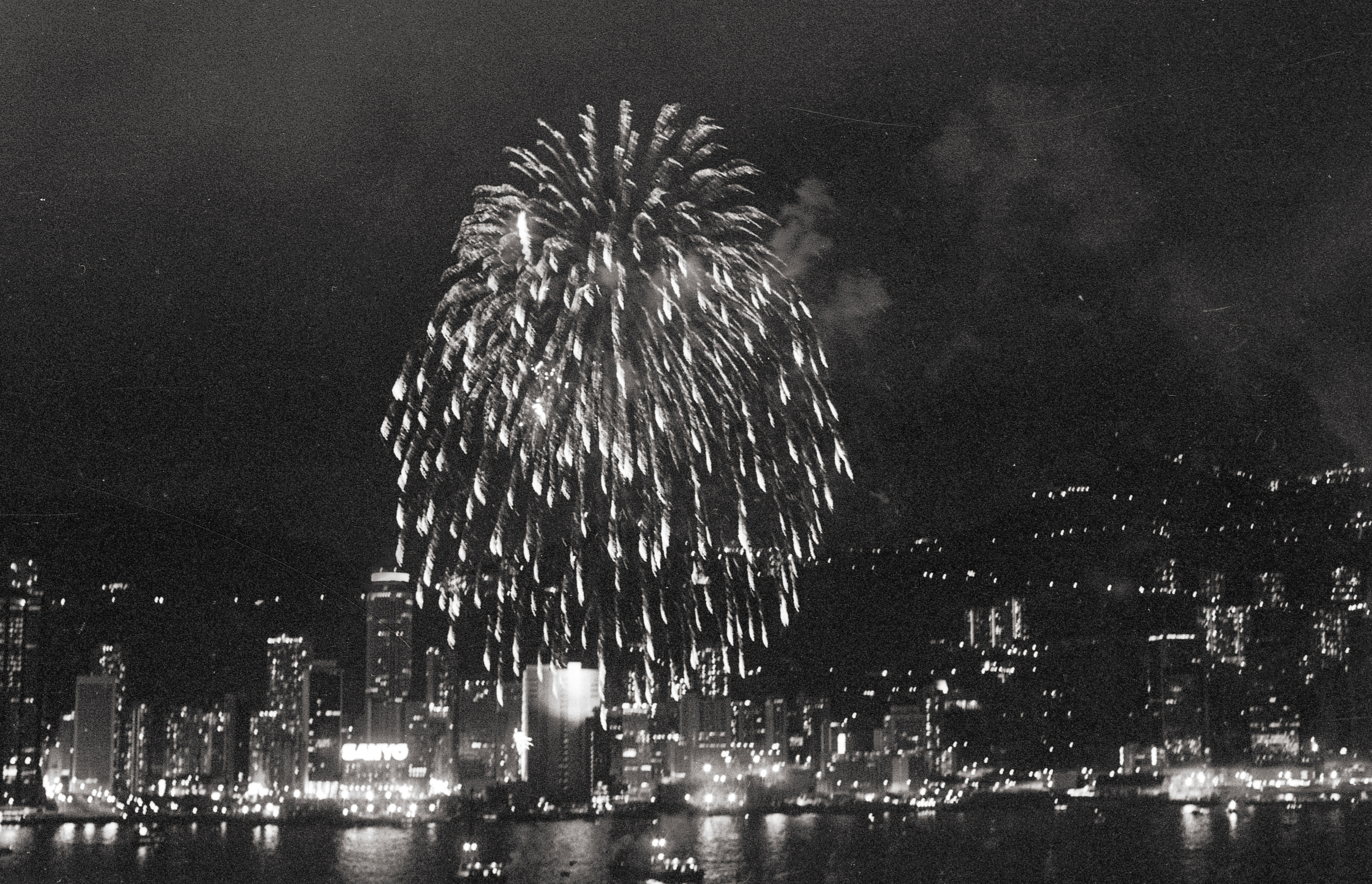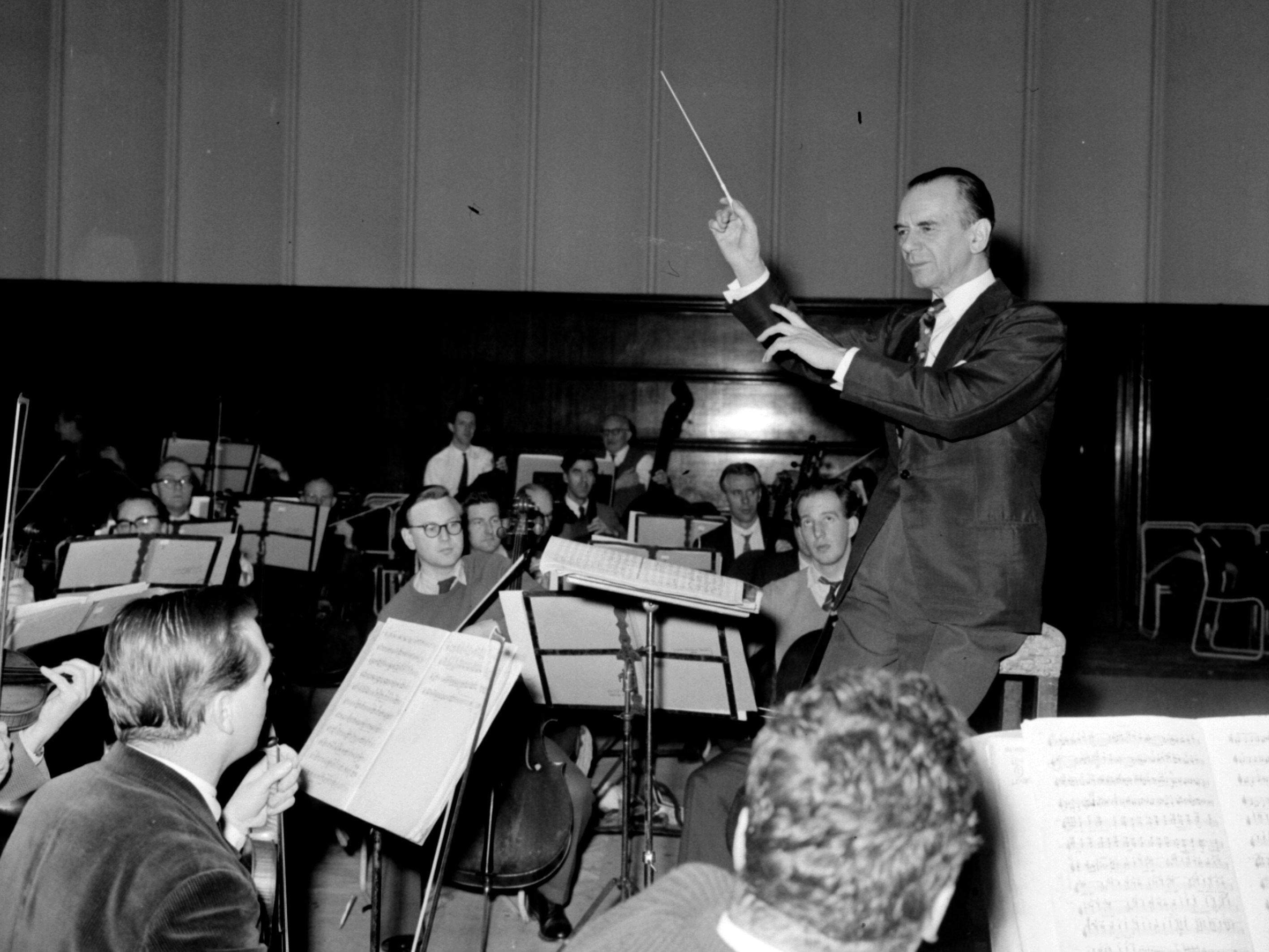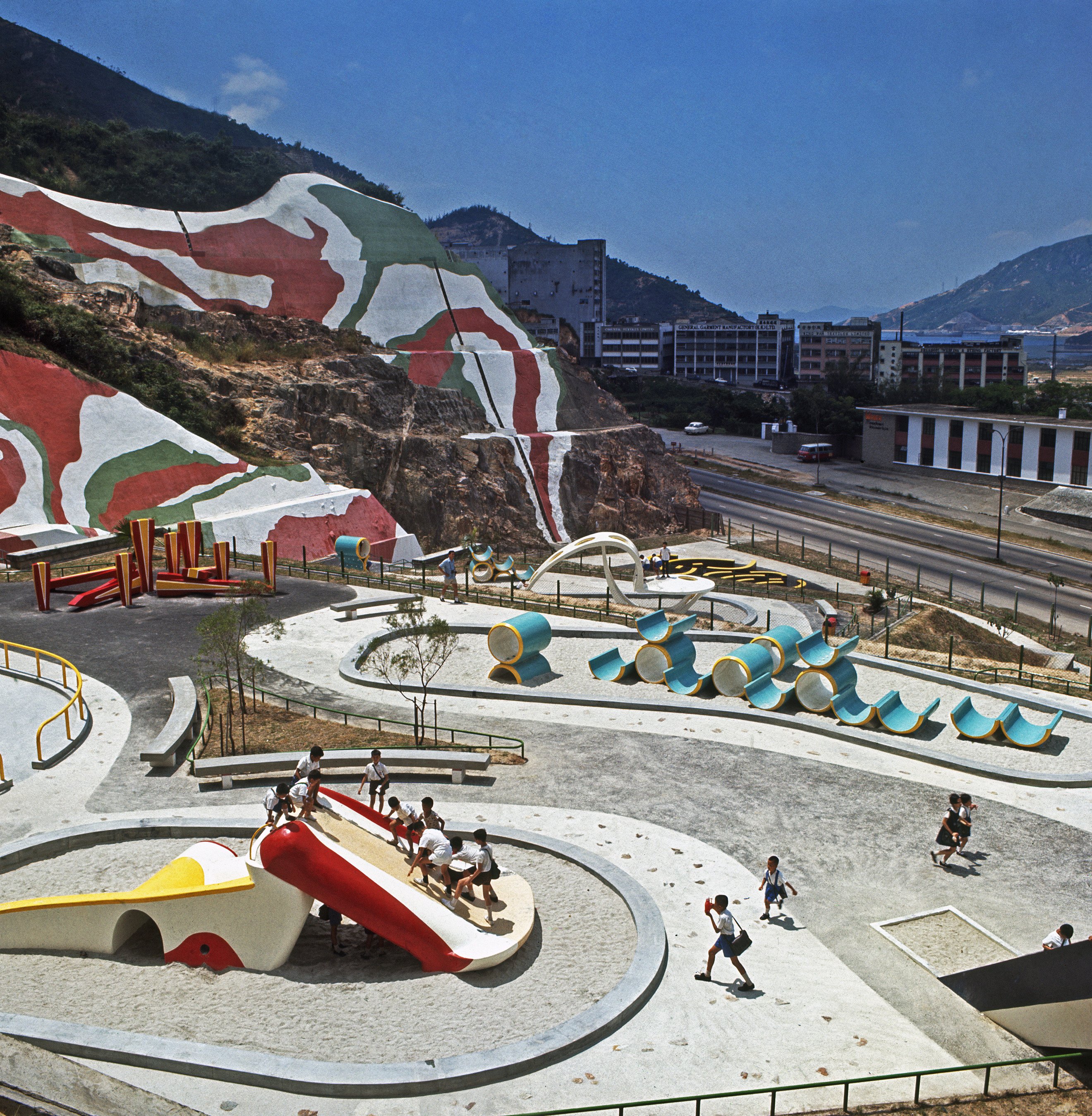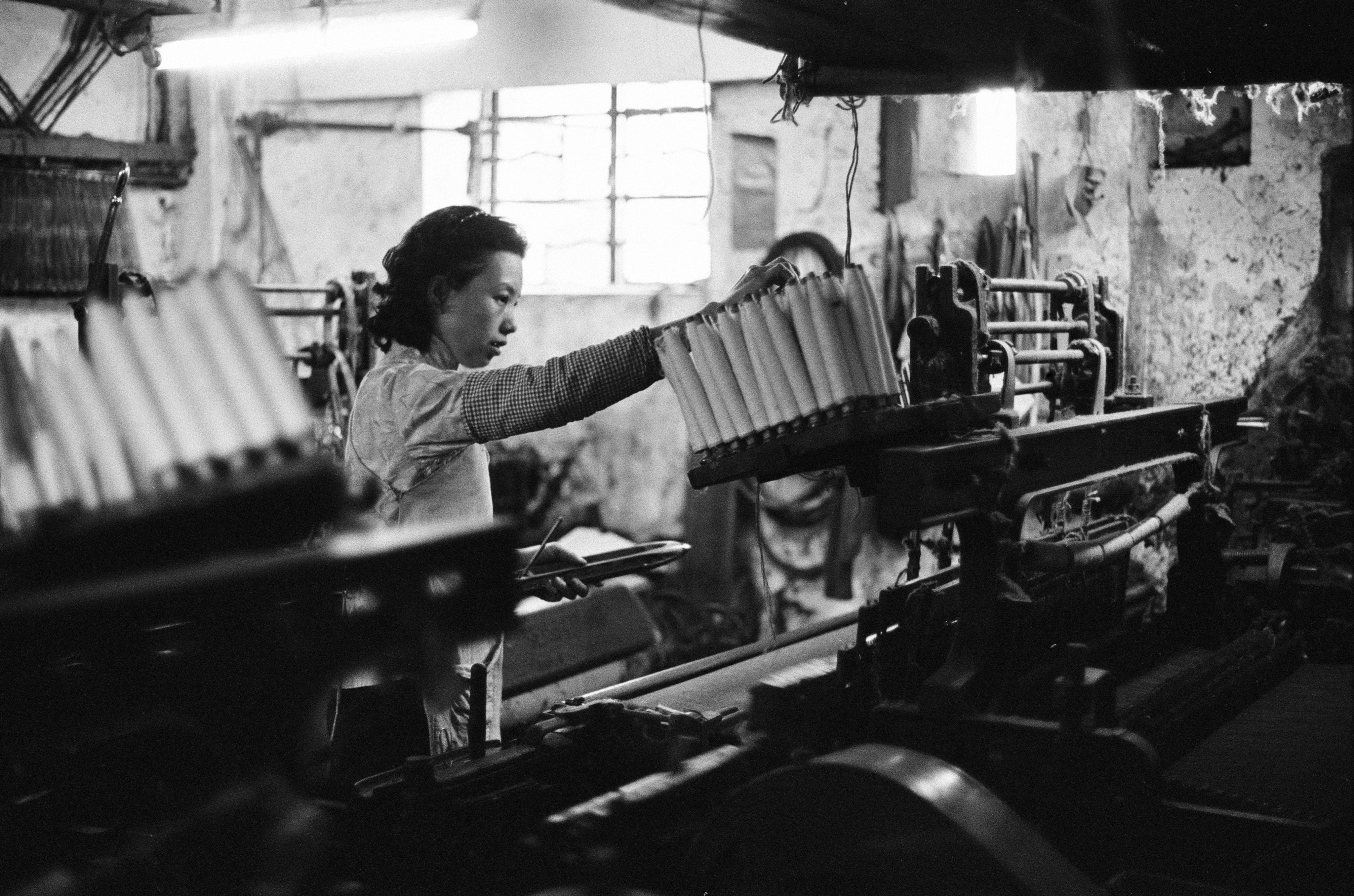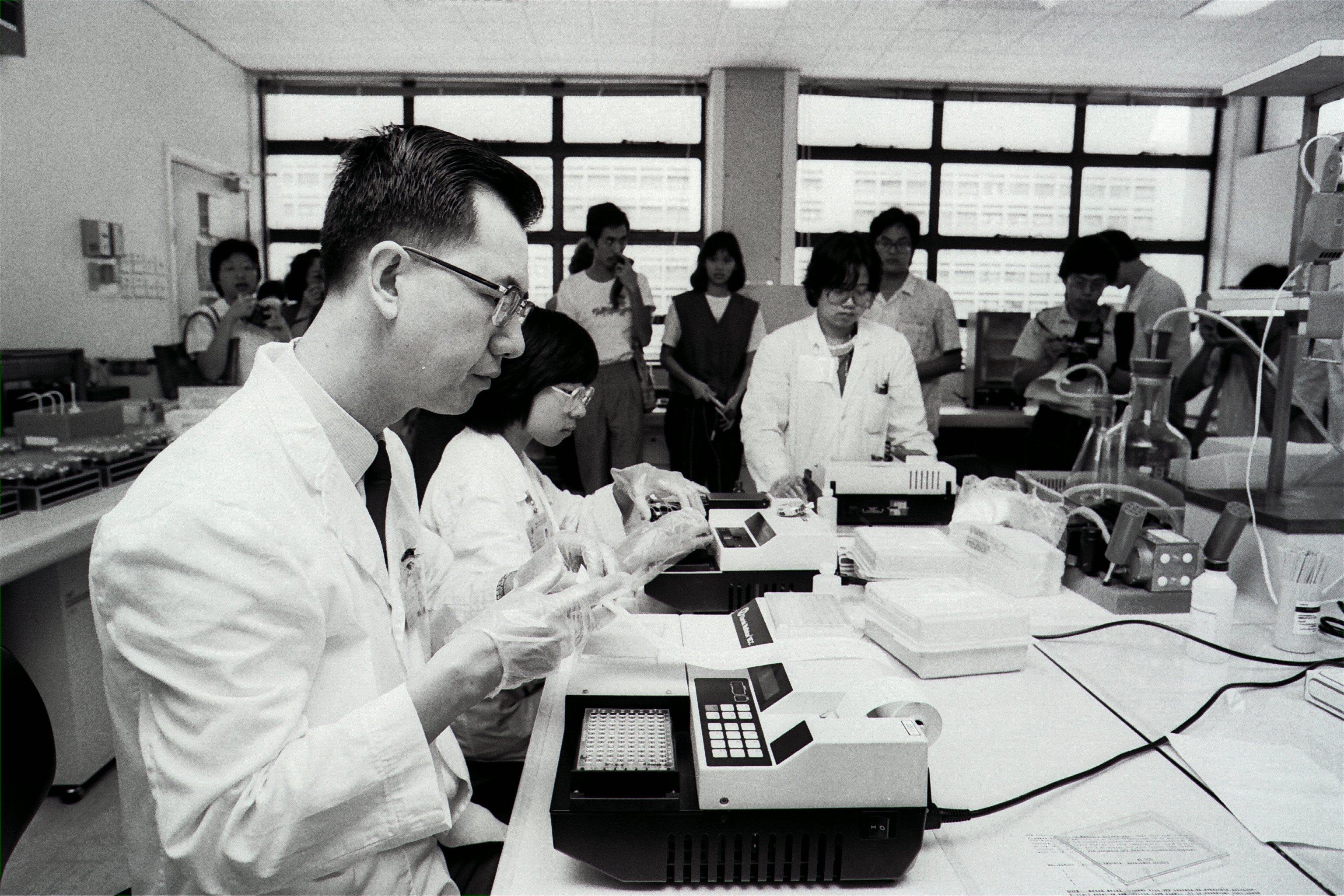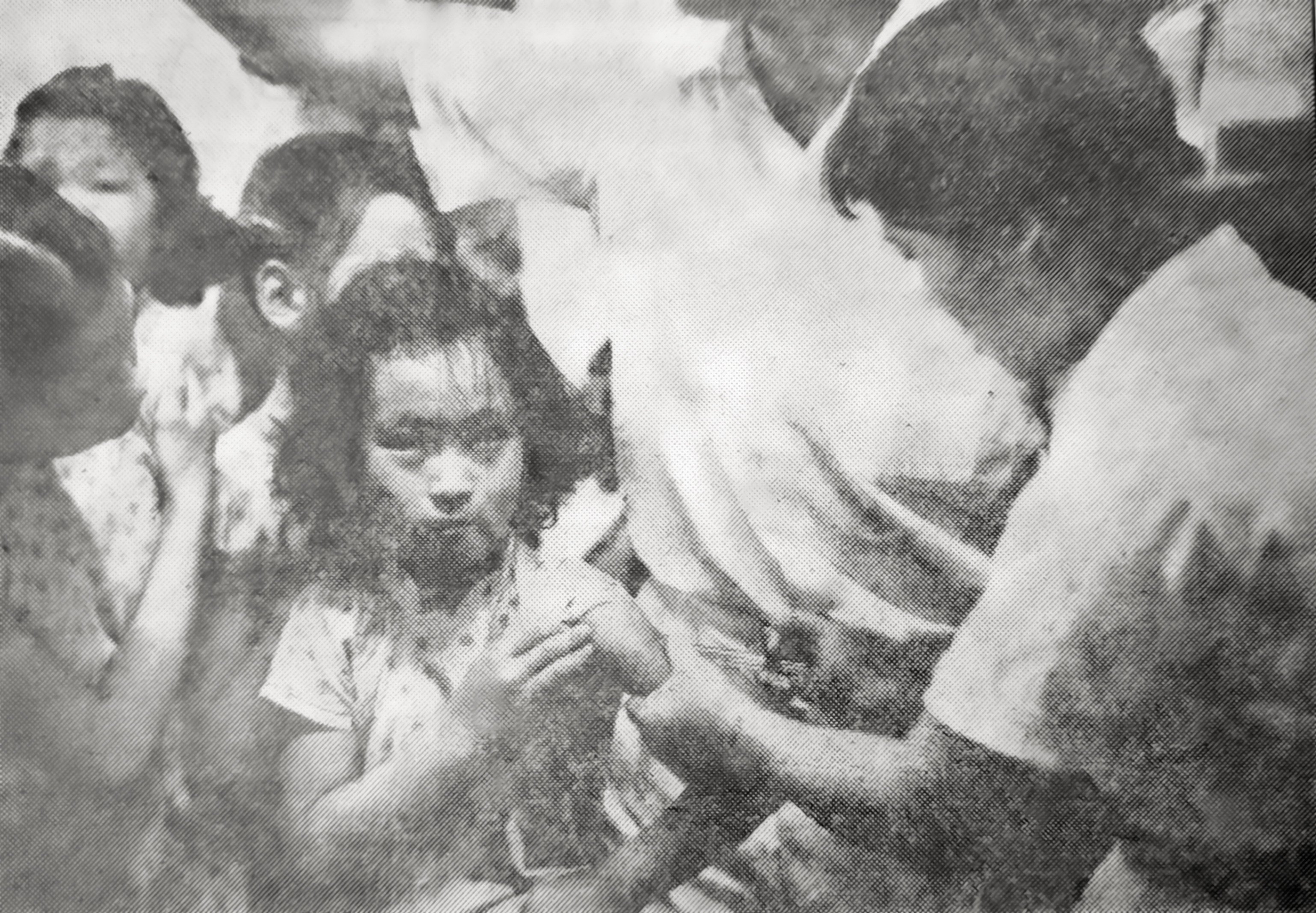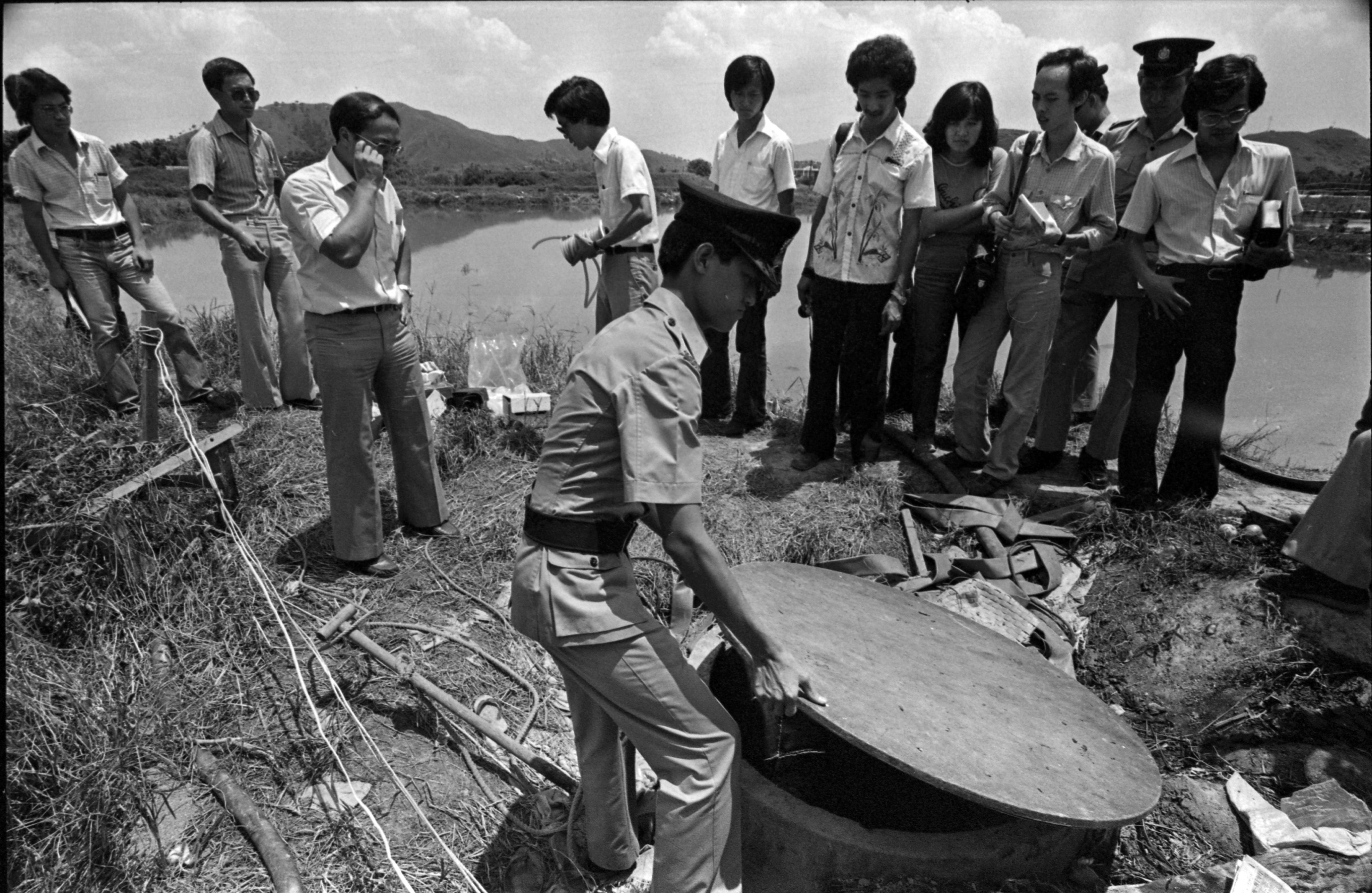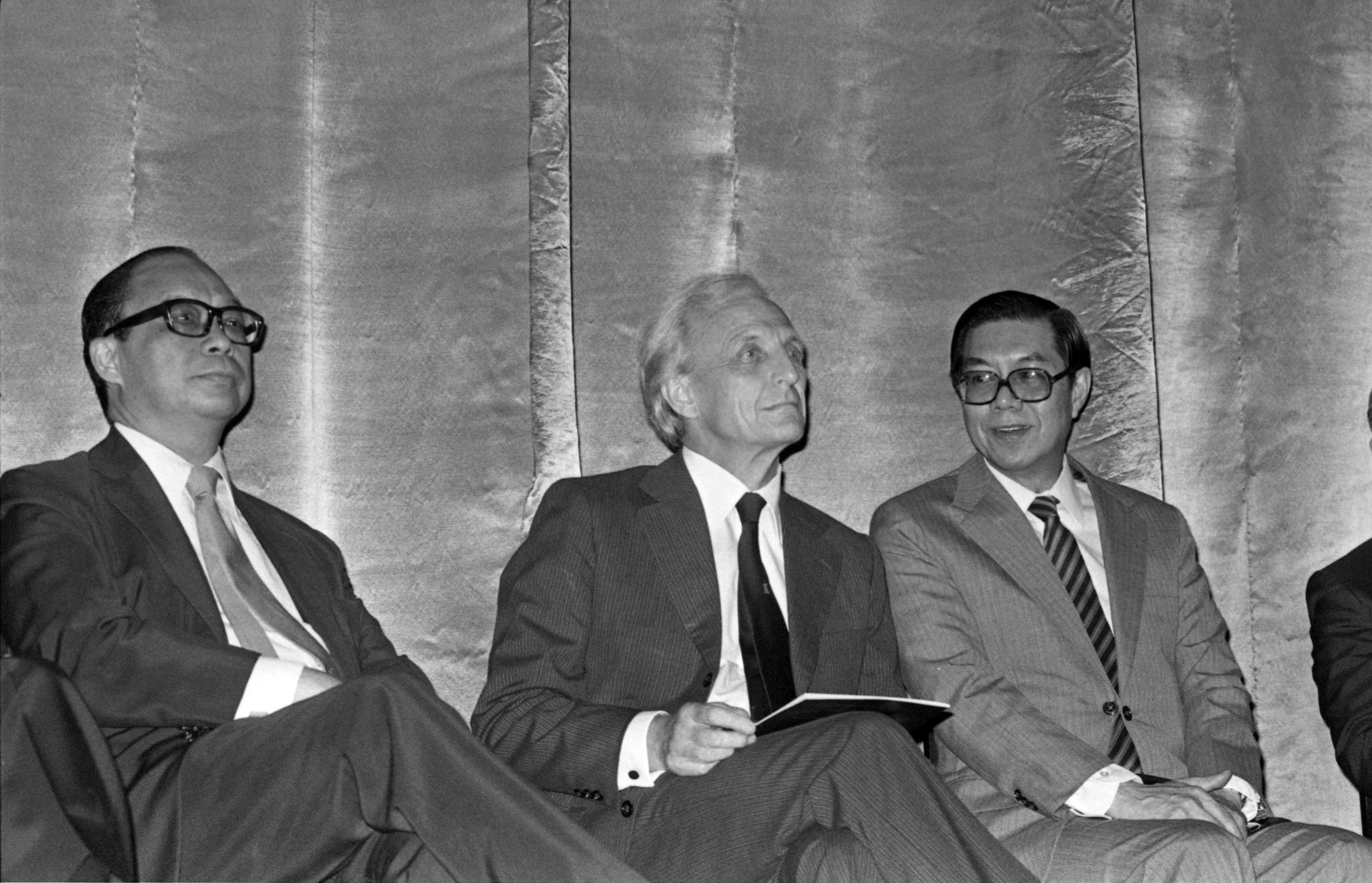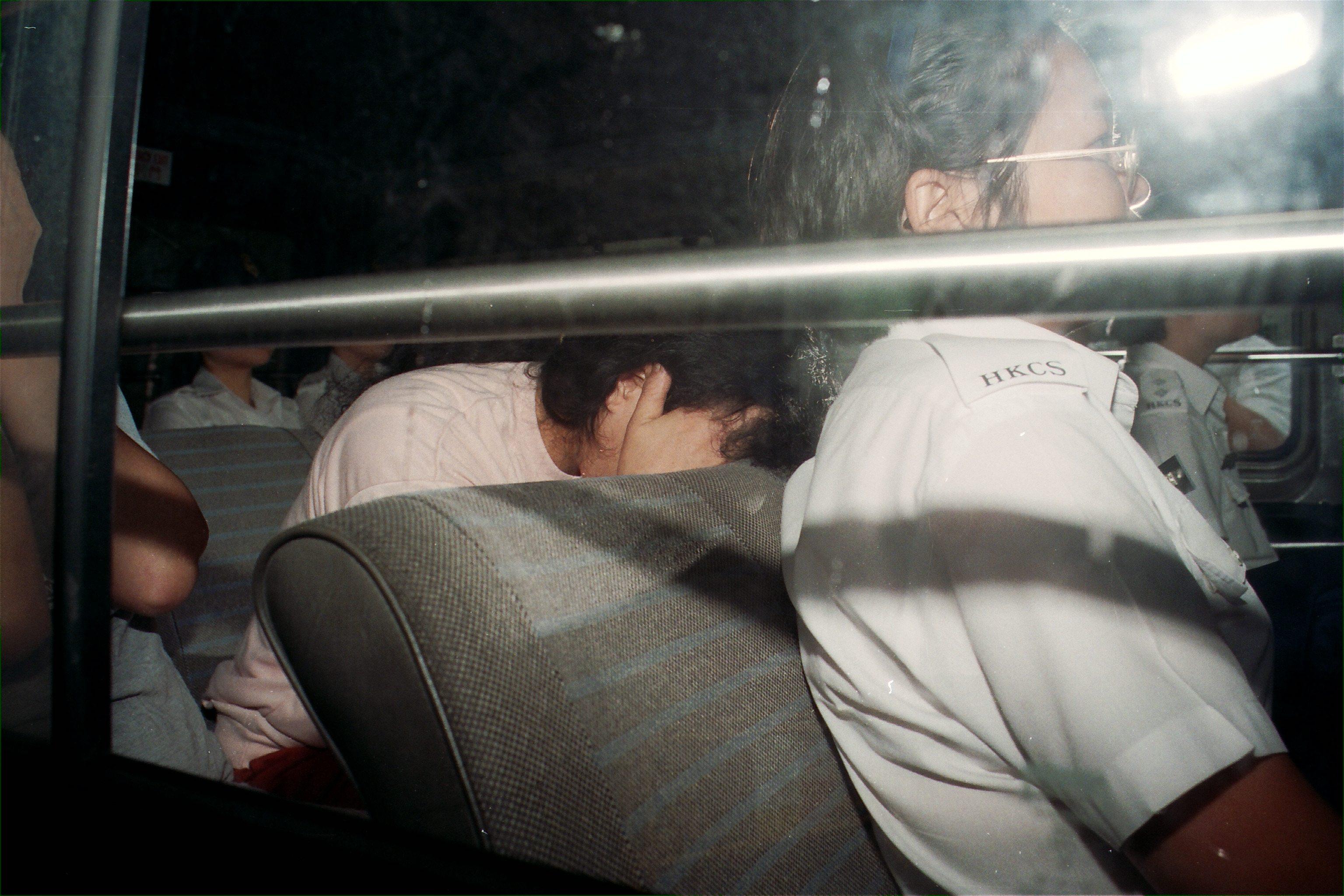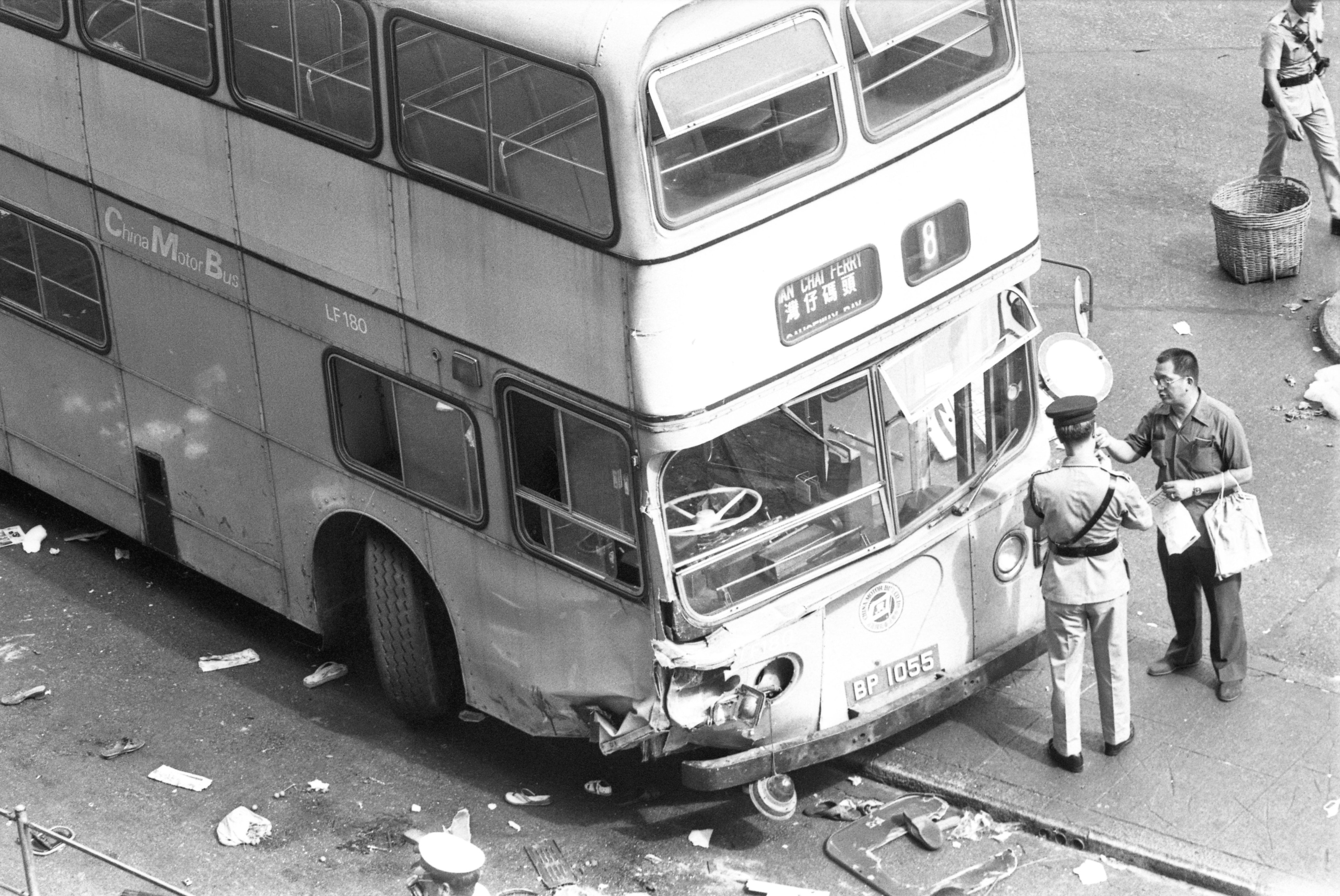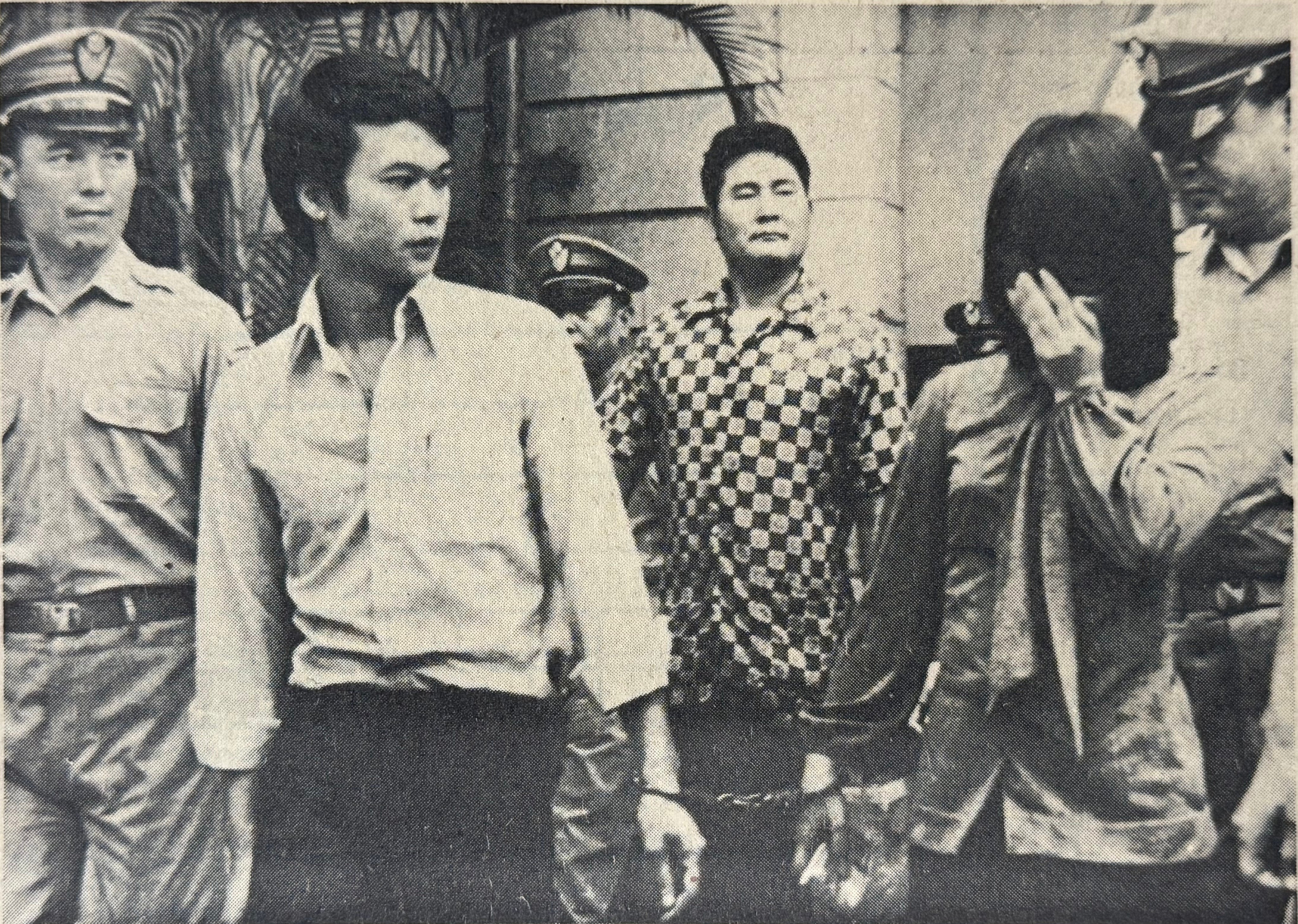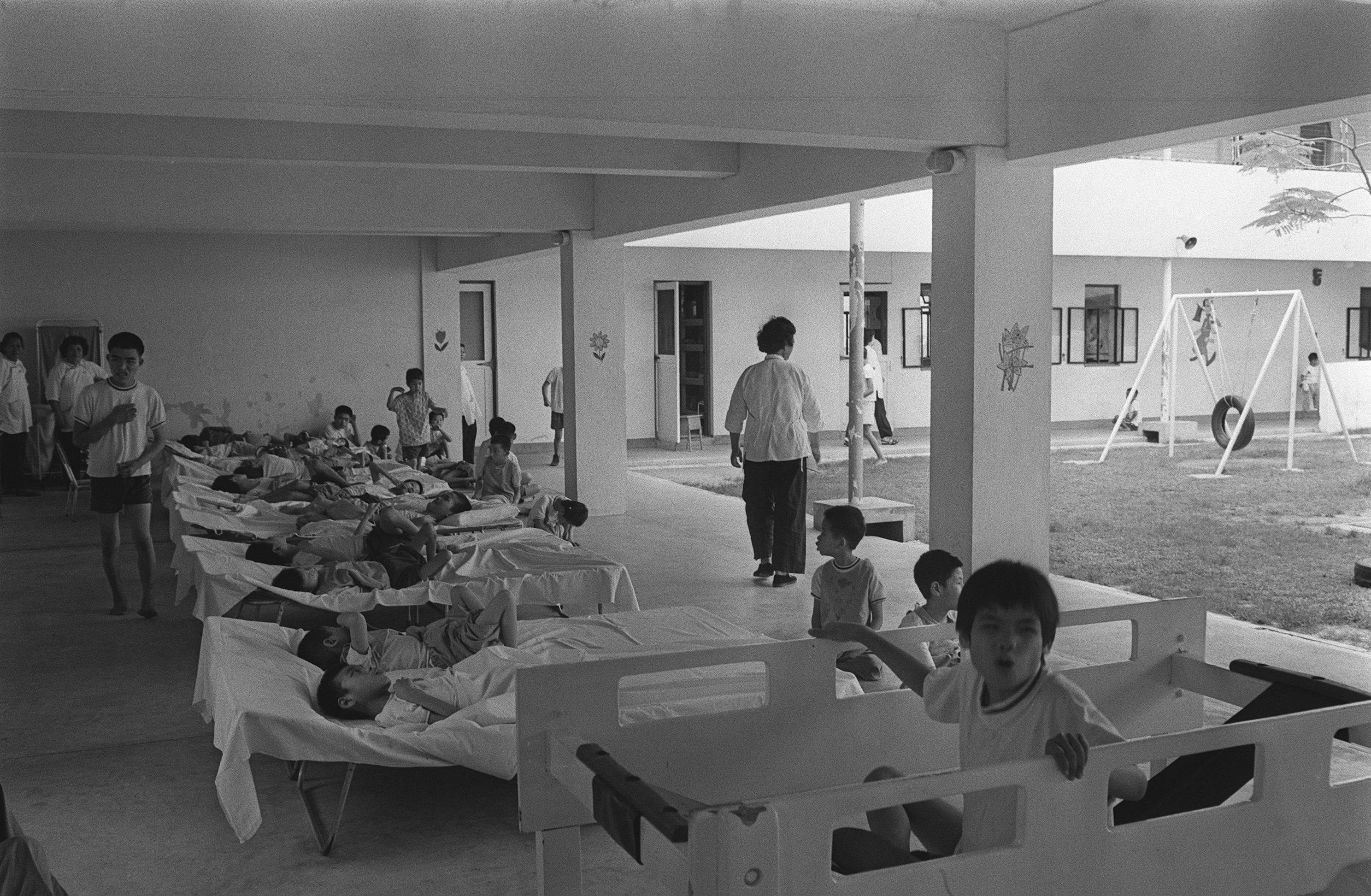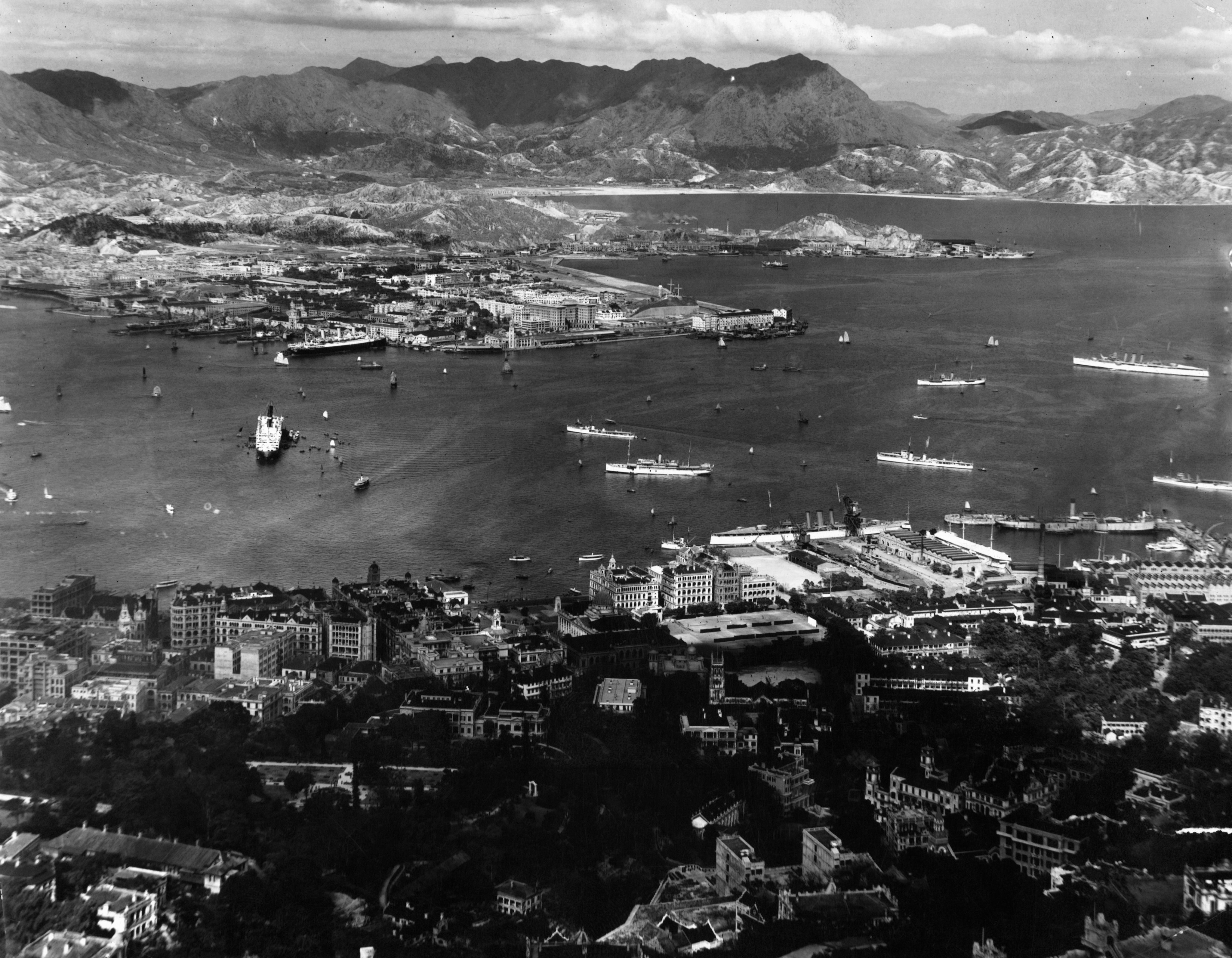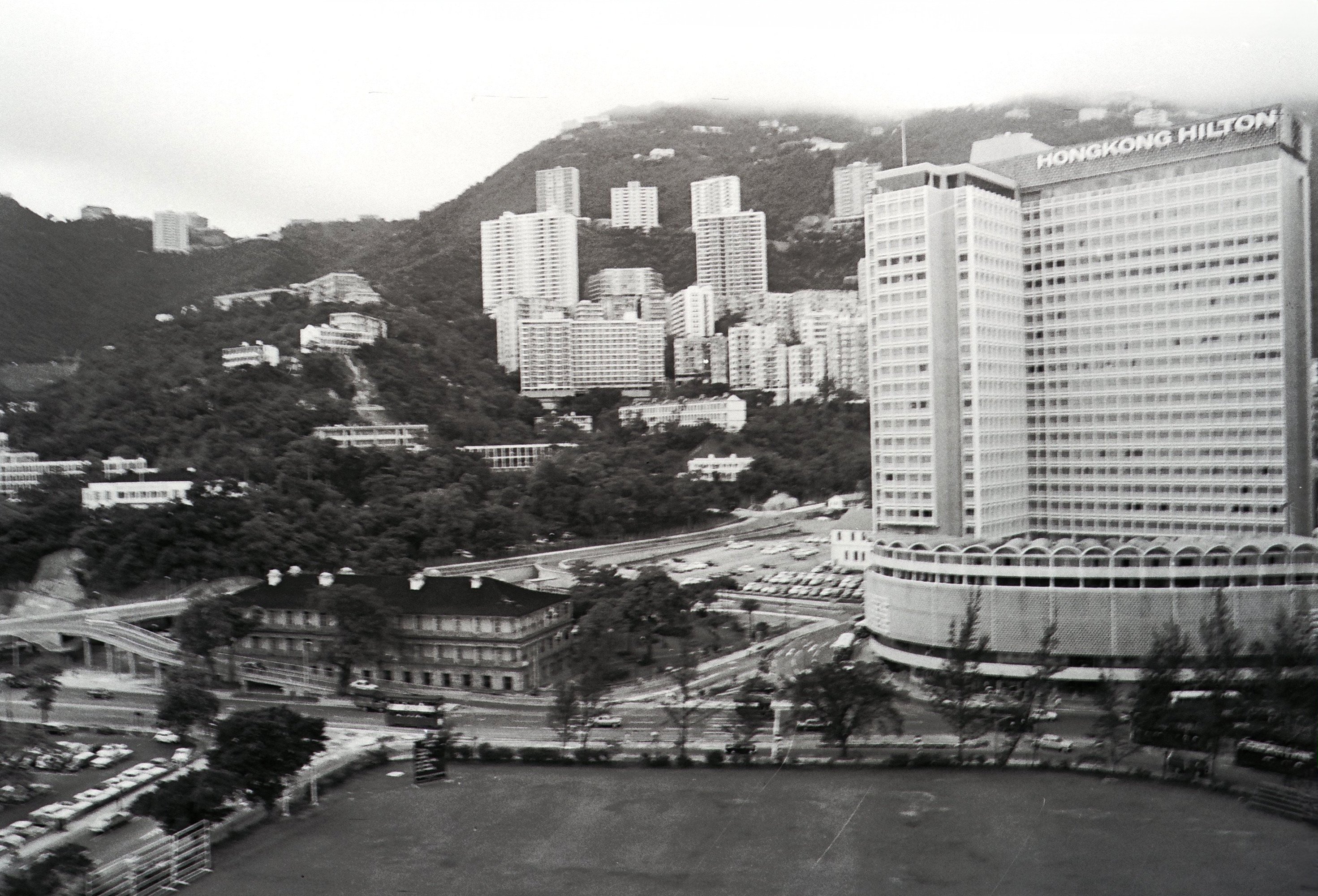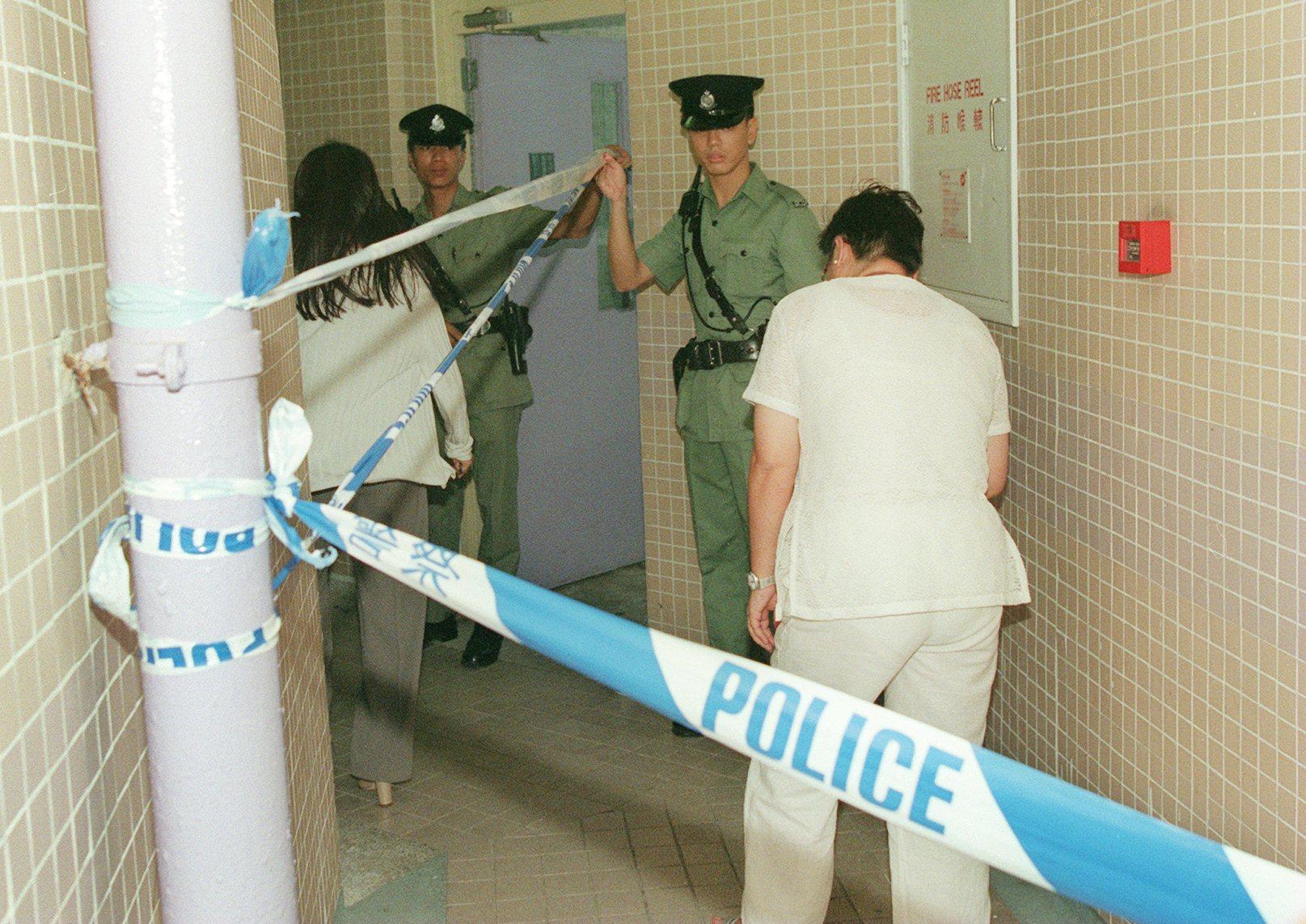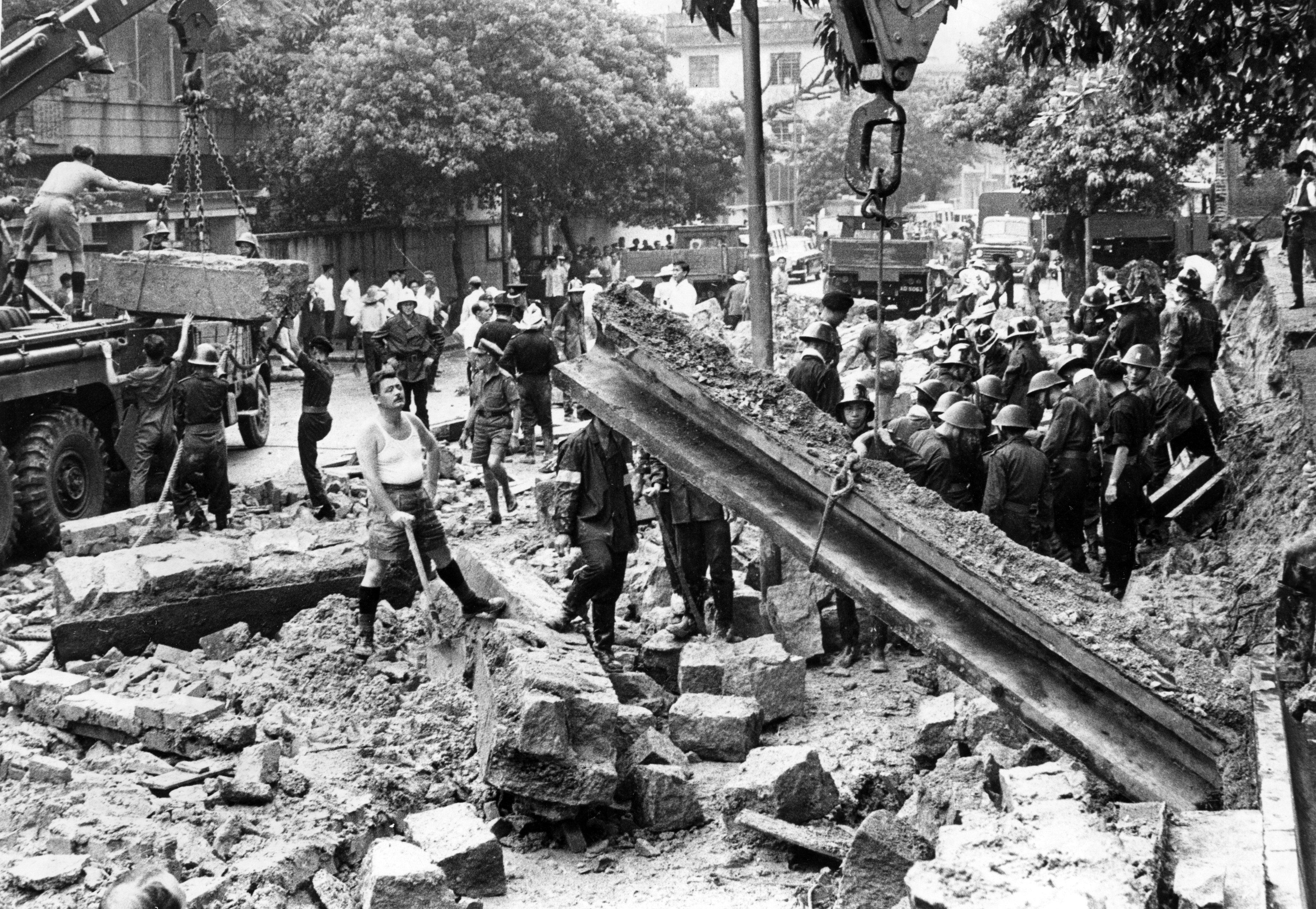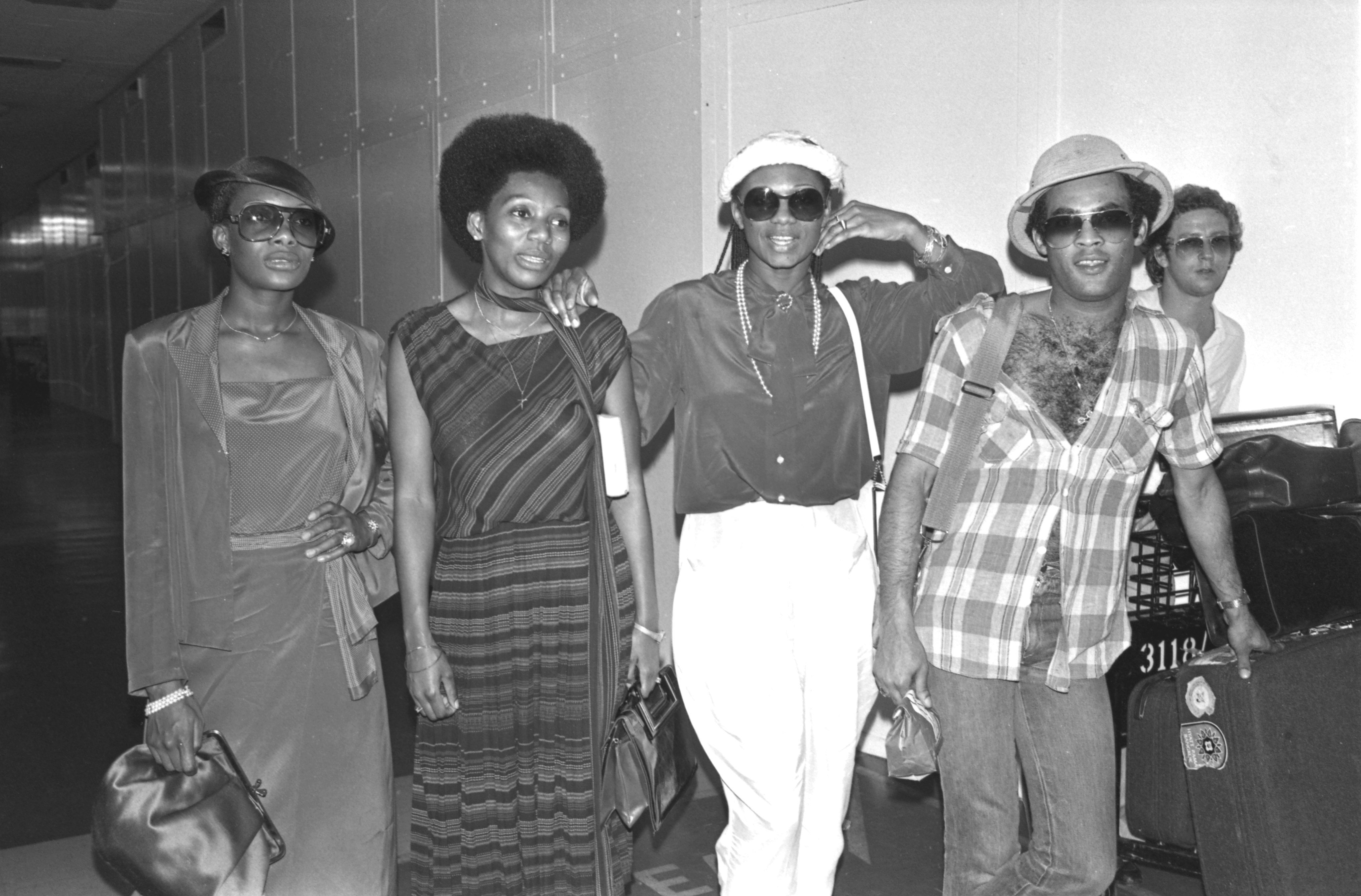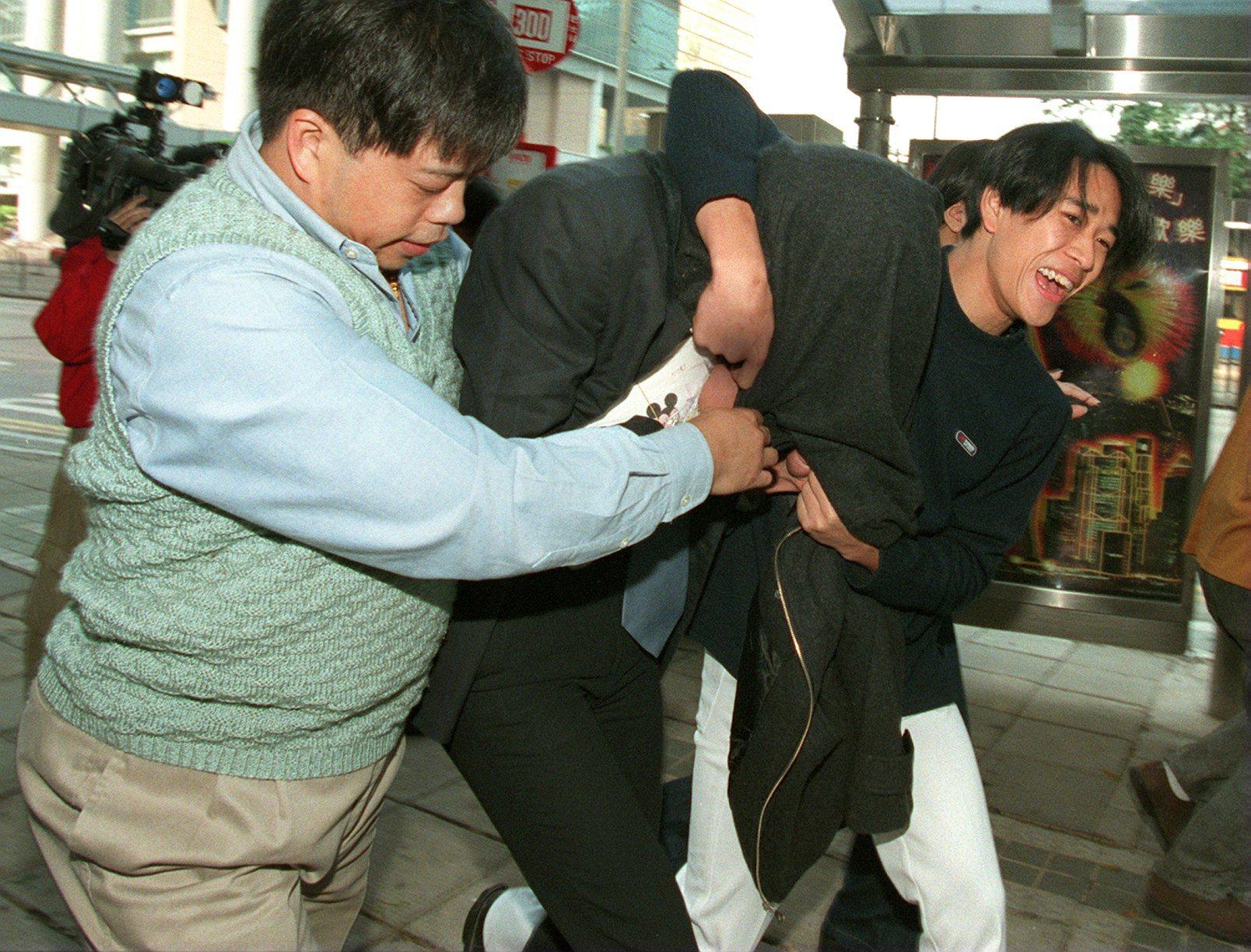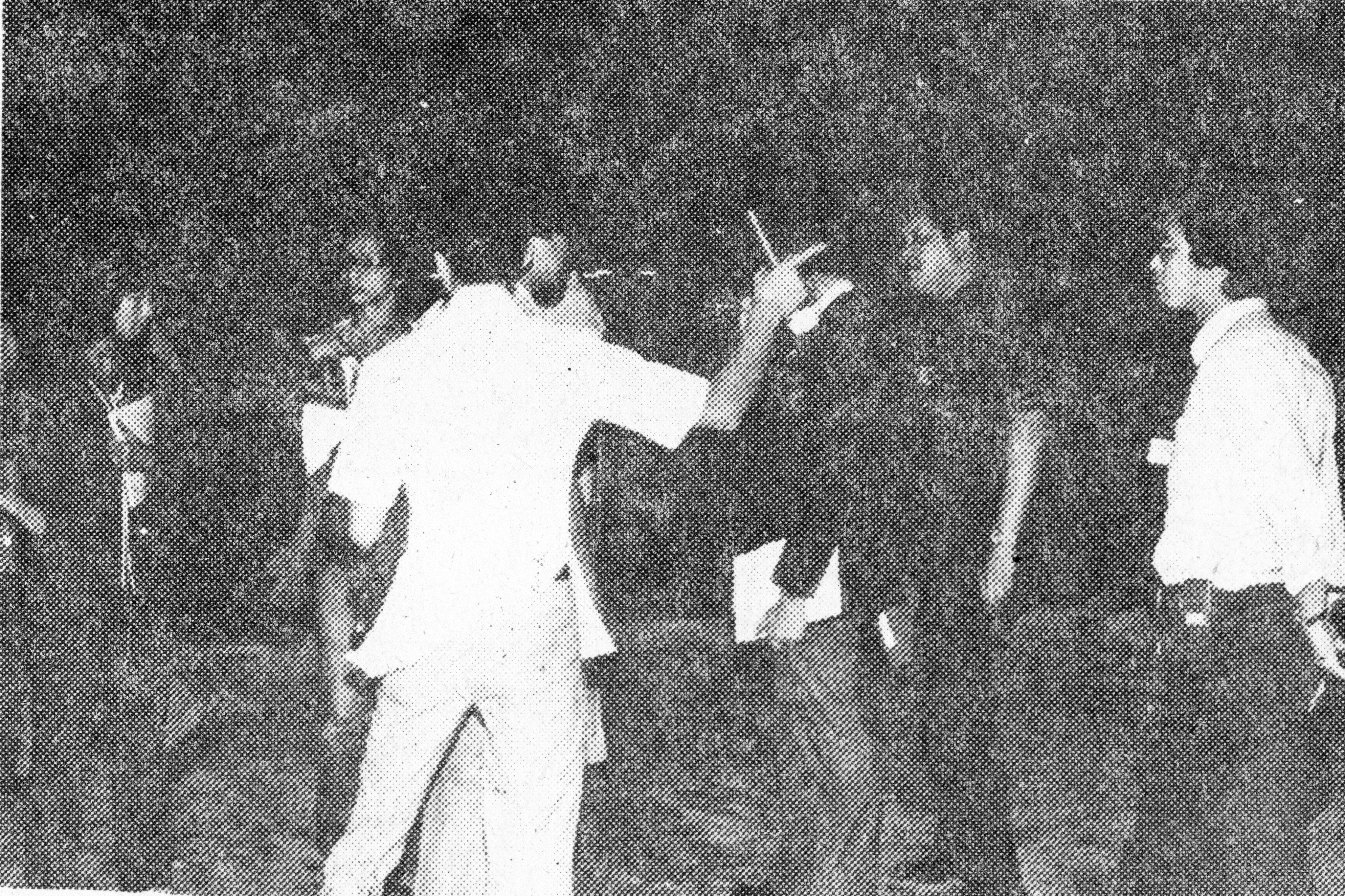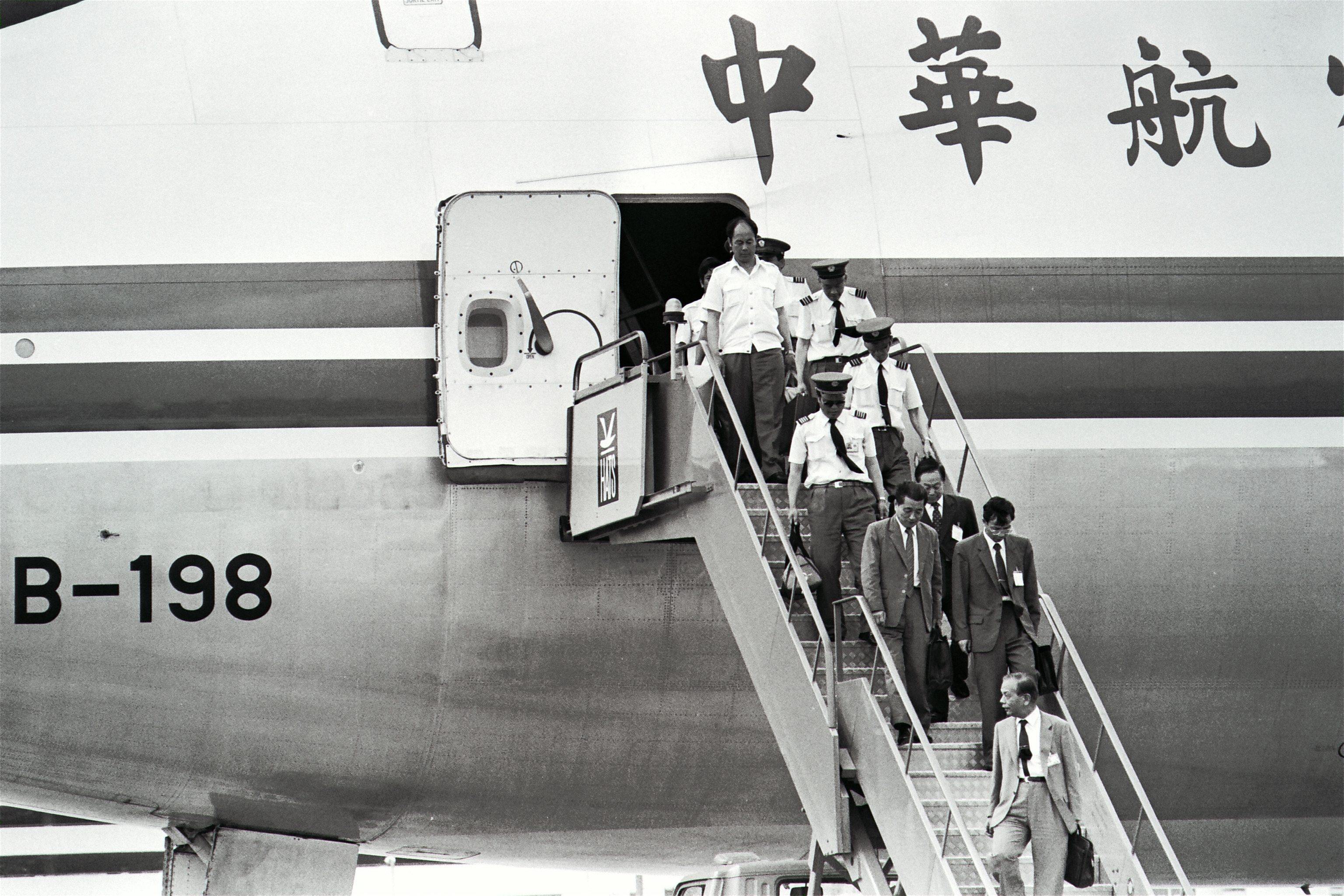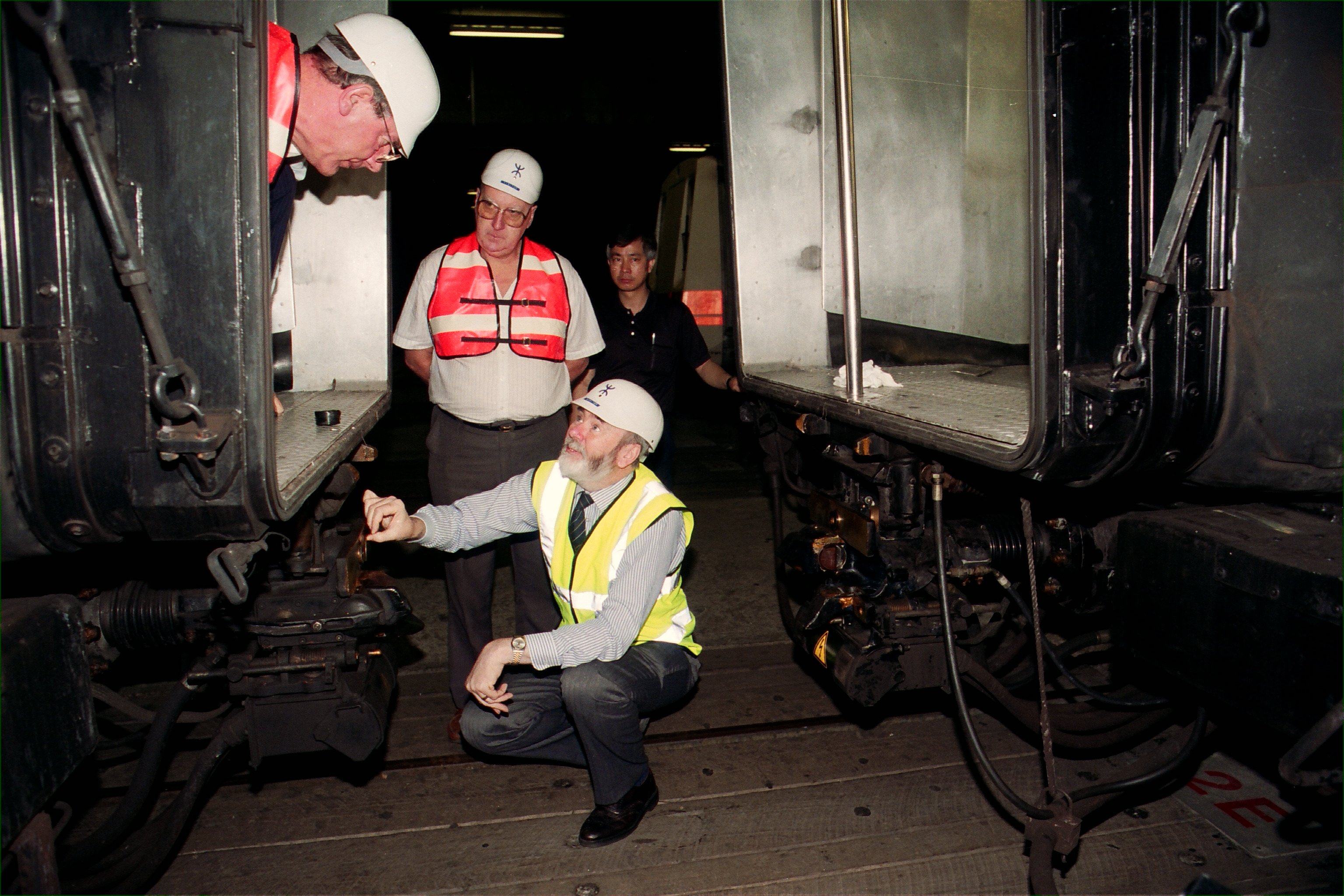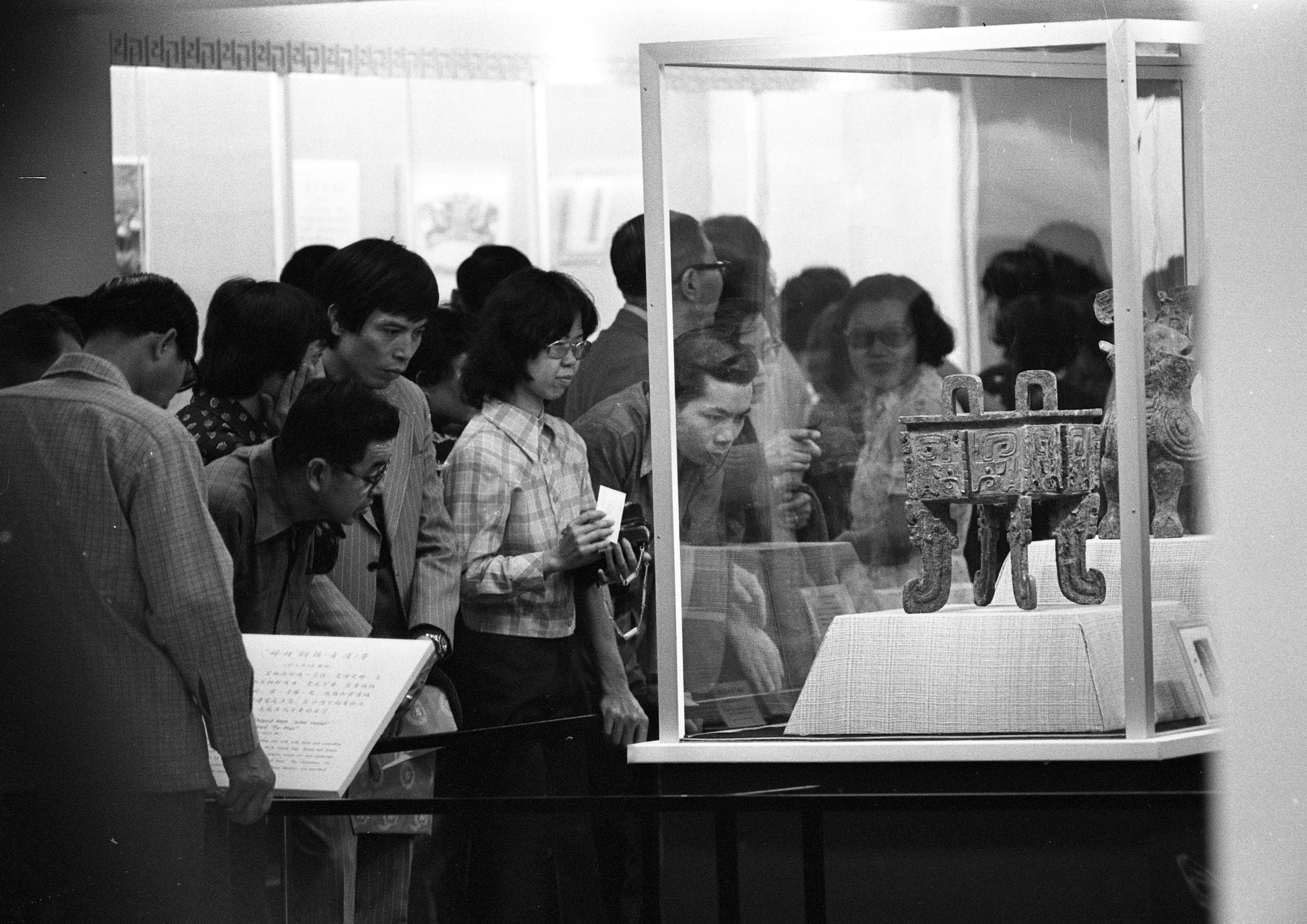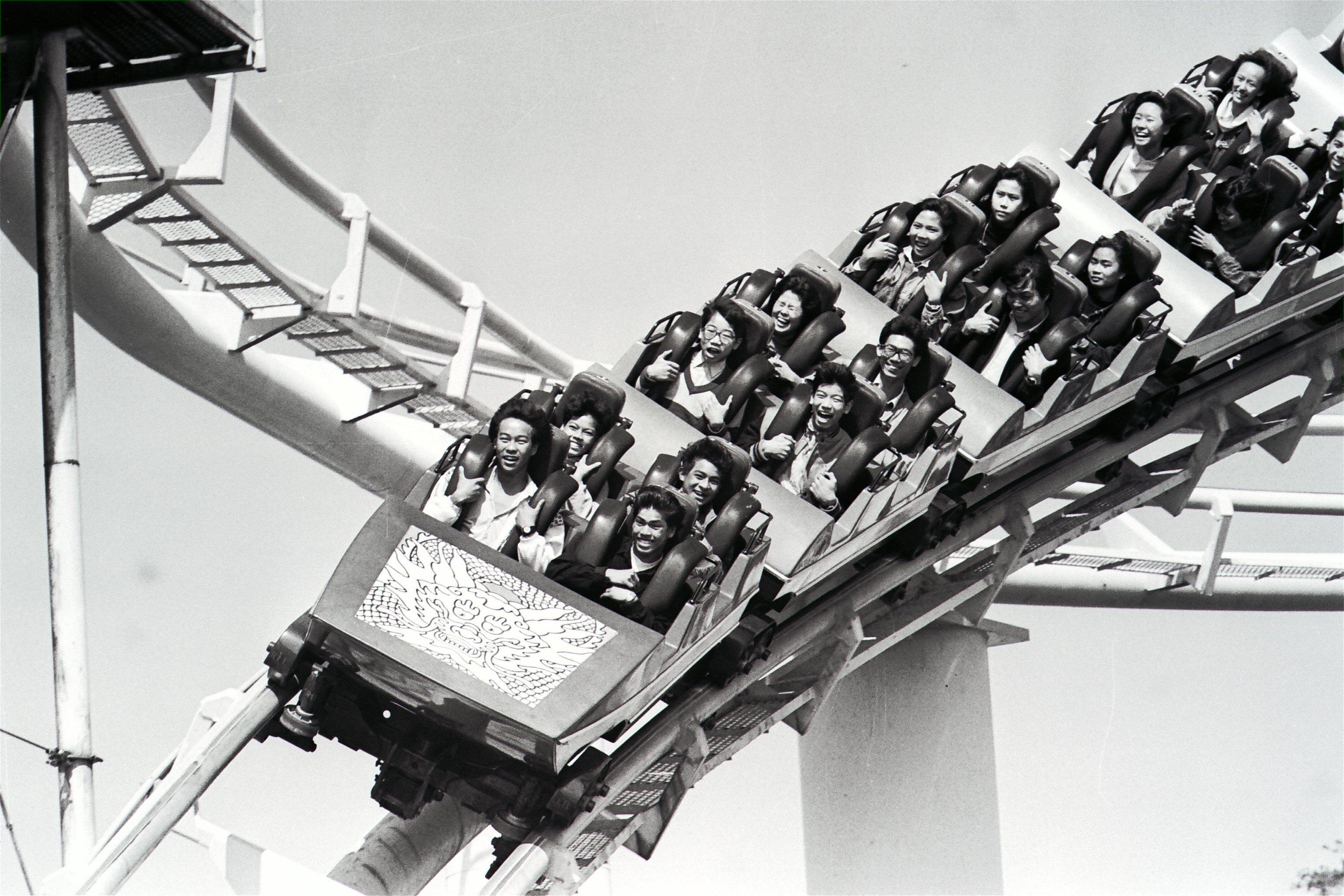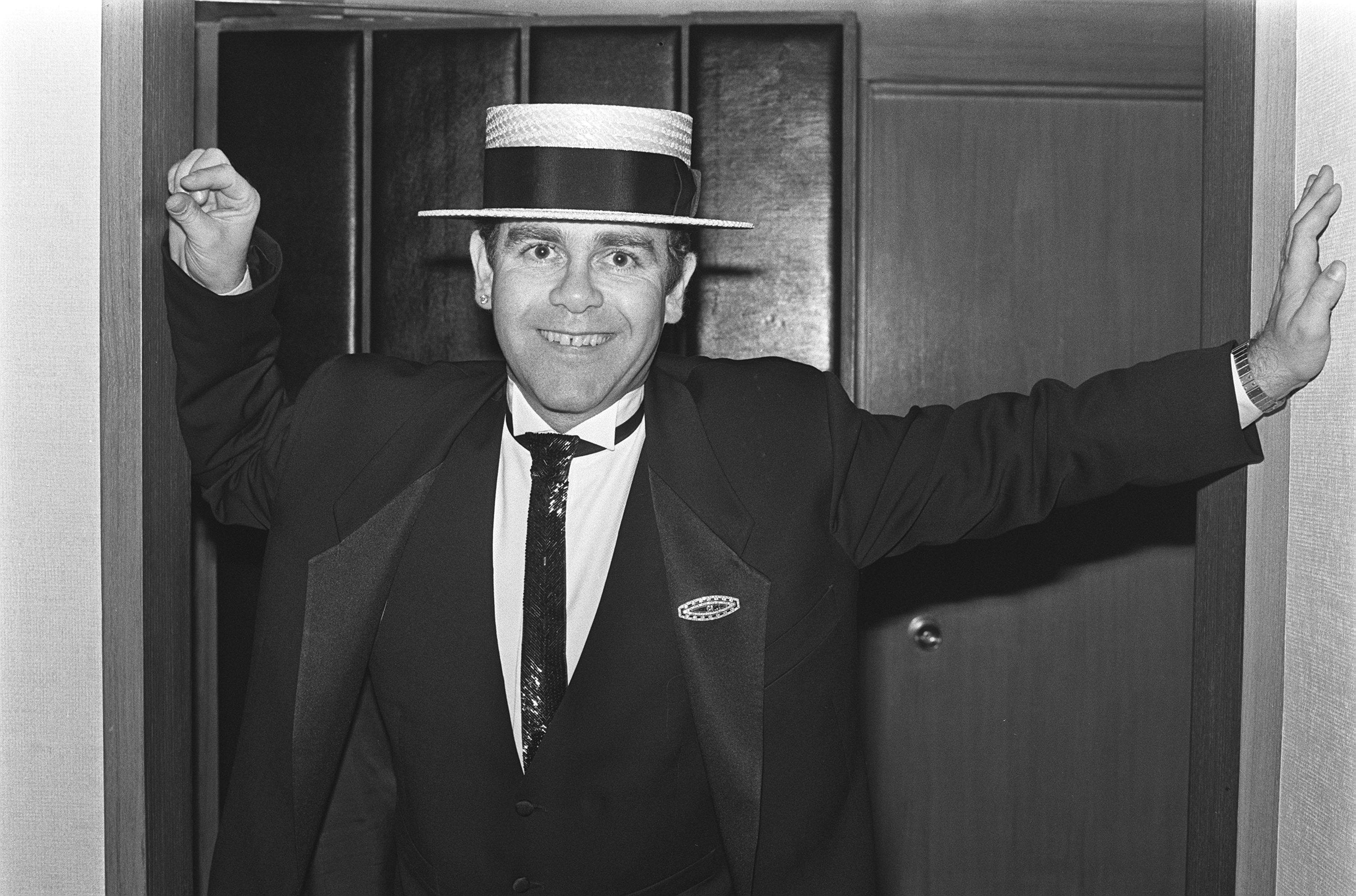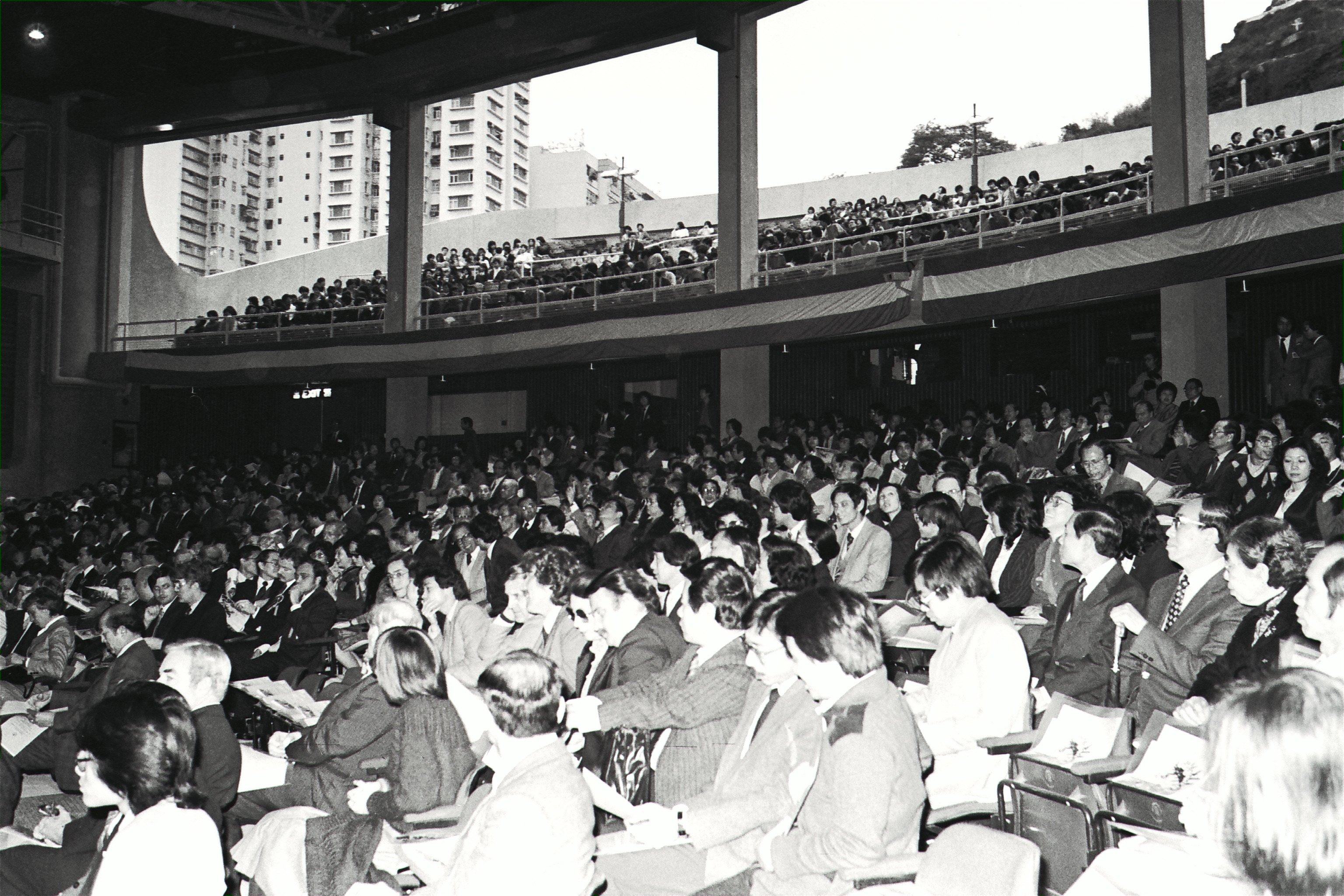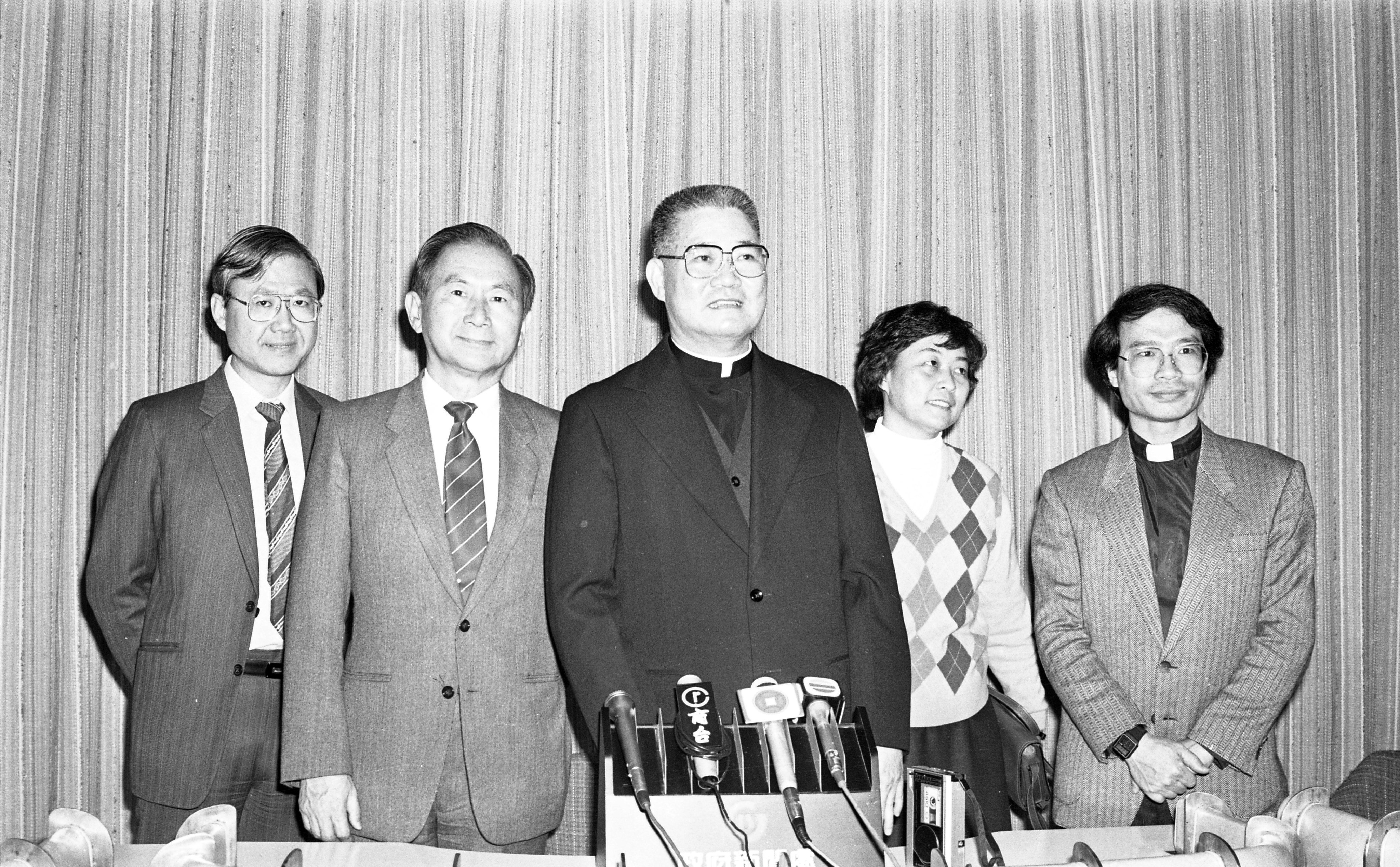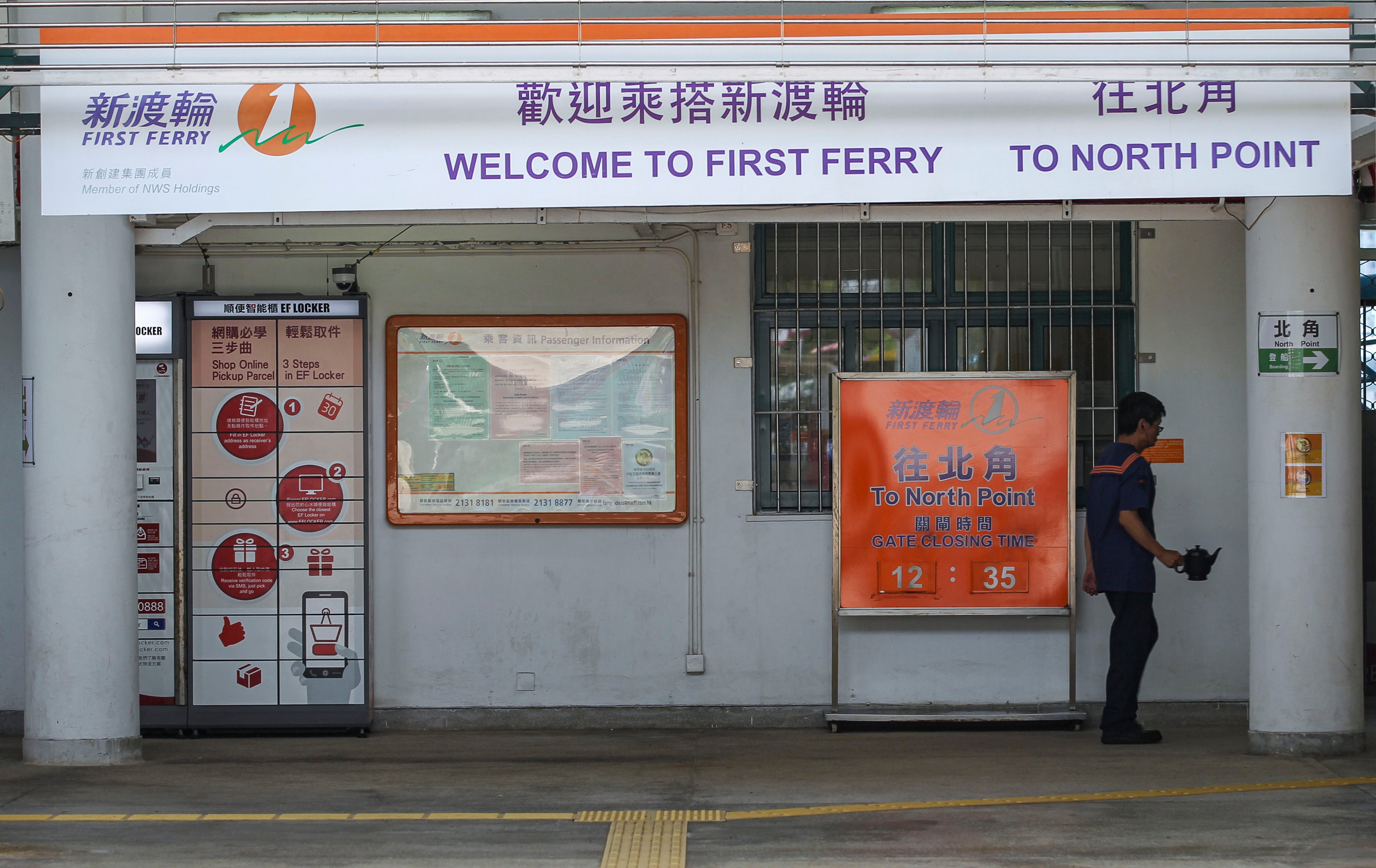In 1959, the Diocesan Girls’ School debutante ball made headlines in the Post, revealing glamour, gowns – and a very different era.
Chow Yun-fat, Sally Yeh, Anita Mui and Pansy Ho attended his funeral. It was speculated that attempted suicide, Aids or a drug overdose caused his death.
Floodlights transformed the city’s racecourse, drawing crowds that spilled from the track onto balconies, car parks and jammed streets.
The team behind the extravaganza finally saw their efforts literally go up in smoke more than 2 weeks after the festival date.
The LPO performed in Singapore, Hong Kong, Manila, Seoul and Tokyo, with John Pritchard and Jerzy Semkow taking turns conducting.
American artist Paul Selinger created huge sculptures for children to climb on and explore in the 1960s.
The quality and range of Hong Kong-made products on show reportedly brought in numerous queries about imports and manufacture.
As fears over the deadly HIV exploded in the 1980s, the city scrambled to get new detection kits from the US to make sure blood transfusions were safe.
In 1961, 2 suspected cholera cases led to an extensive vaccination campaign and the confiscation of produce in Hong Kong’s markets.
In 1981, residents of a worm-farming community were left devastated after a 14-year-old fell into a well and 3 of his rescuers perished.
Millions were raised to fund the medical centre, with charitable donations from the likes of the Jockey Club and businessman Li Ka-shing, reported the Post at the time.
In 1994 the Post reported how a 21-year-old died after being drugged and subjected to a sex attack by a property agent who filmed his crime.
A horror bus crash in 1979 saw a driver prosecuted, but later acquitted in court, after carnage at a bus stop, the South China Morning Post reported at the time.
Within an hour of being arrested over a HK$1 million heroin seizure, the suspect escaped from a police station, the Post reported.
Plans for the Siu Lam Hospital for the Mentally Handicapped were revealed in 1968 and 4 years later the institution finally opened.
Tragedy struck Hong Kong in 1934 as a man grabbed five children and threw them into a drain, leading to the death of a boy.
The Post covered the arrival of the city’s first Hilton Hotel, from the announcement of plans to its demolition in 1994 by tycoon Li Ka-shing.
Parents take their children’s lives amid financial strain and leave community in Tin Shui Wai reeling by the devastating act.
Tragedy struck in June 1966 as a woman and 5 children were crushed by a wall near a school that collapsed on Hong Kong’s Boundary Street.
Read how the West Germany-based, Jamaican disco stars first arrived in Hong Kong – and how they were asked to ‘tone down’ the sexy parts.
Read how a group of teenagers got life sentences for torturing a 16-year-old and then burning his body to conceal their abuse.
In the 1980 incident at Wah Fu Estate, Chan Wai-tak was chatting with a friend when he was fatally attacked by a group of youths.
Four rounds of talks between Taiwan China Airlines and the Civil Aviation Administration of China after the defection of Wang Xijue in 1986.
Three carriages became detached from a rush hour train as the coupling system failed, leaving people stranded near Tsuen Wan.
A historic exhibition showcases artefacts from the Shang and Qin dynasties, drawing over a quarter million visitors.
The promise of thrills in the revamped park hit snags as power failures left riders stranded, prompting government scrutiny.
High-priced tickets sold out for the rock superstar’s 2 shows at the city’s Coliseum, but organisers dismissed complaints.
In 1983, the curtain was raised on the Ko Shan Road park and theatre, which took 2 years and HK$50 million to build.
His historic trip marked a significant step in dialogue, but he was barred from seeing jailed ‘counter-revolutionary’ Bishop Kong in Shanghai.
A security guard with a mild mental handicap was subjected to brutality by a group that included former friends – and a 15-year-old girl.

